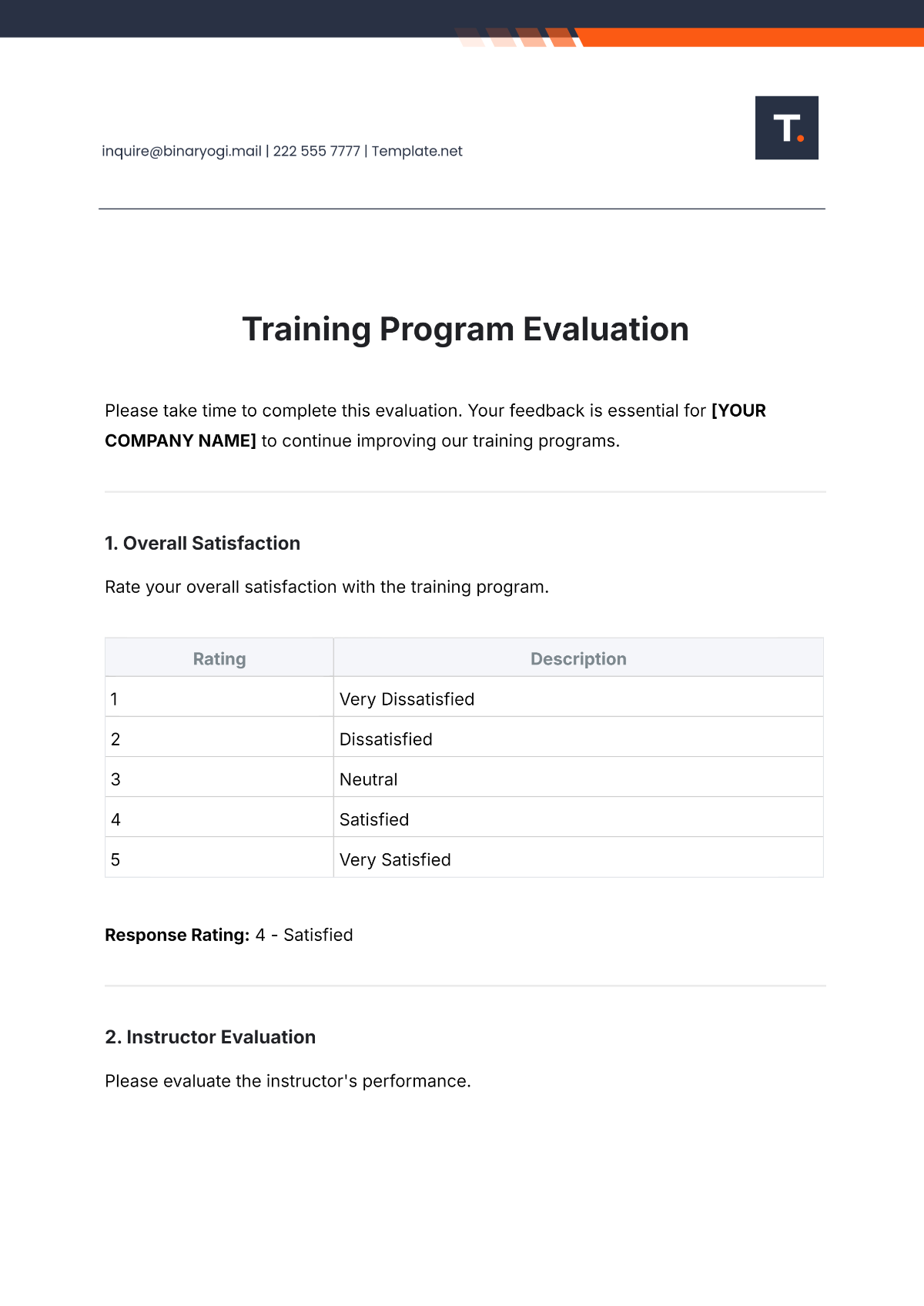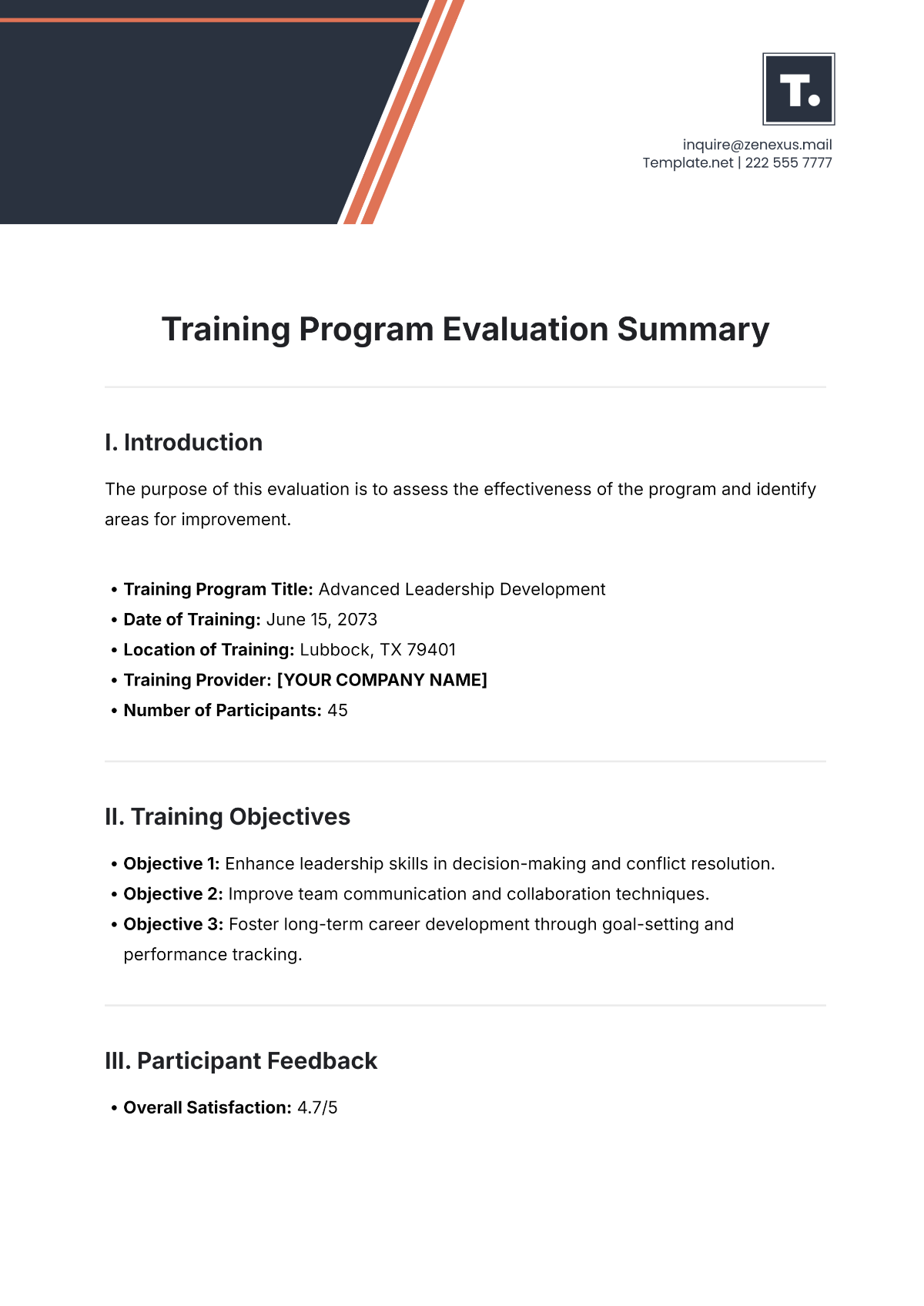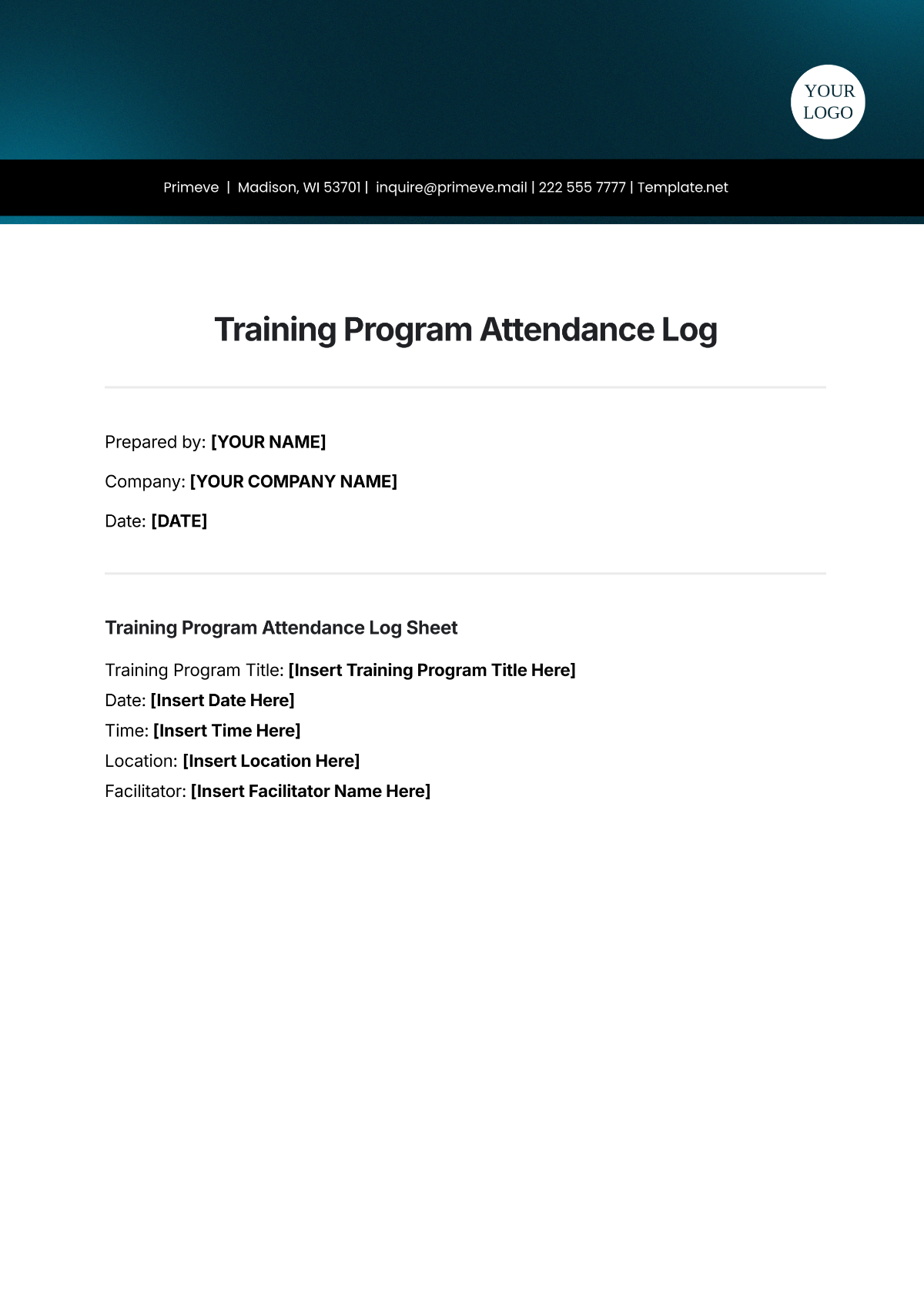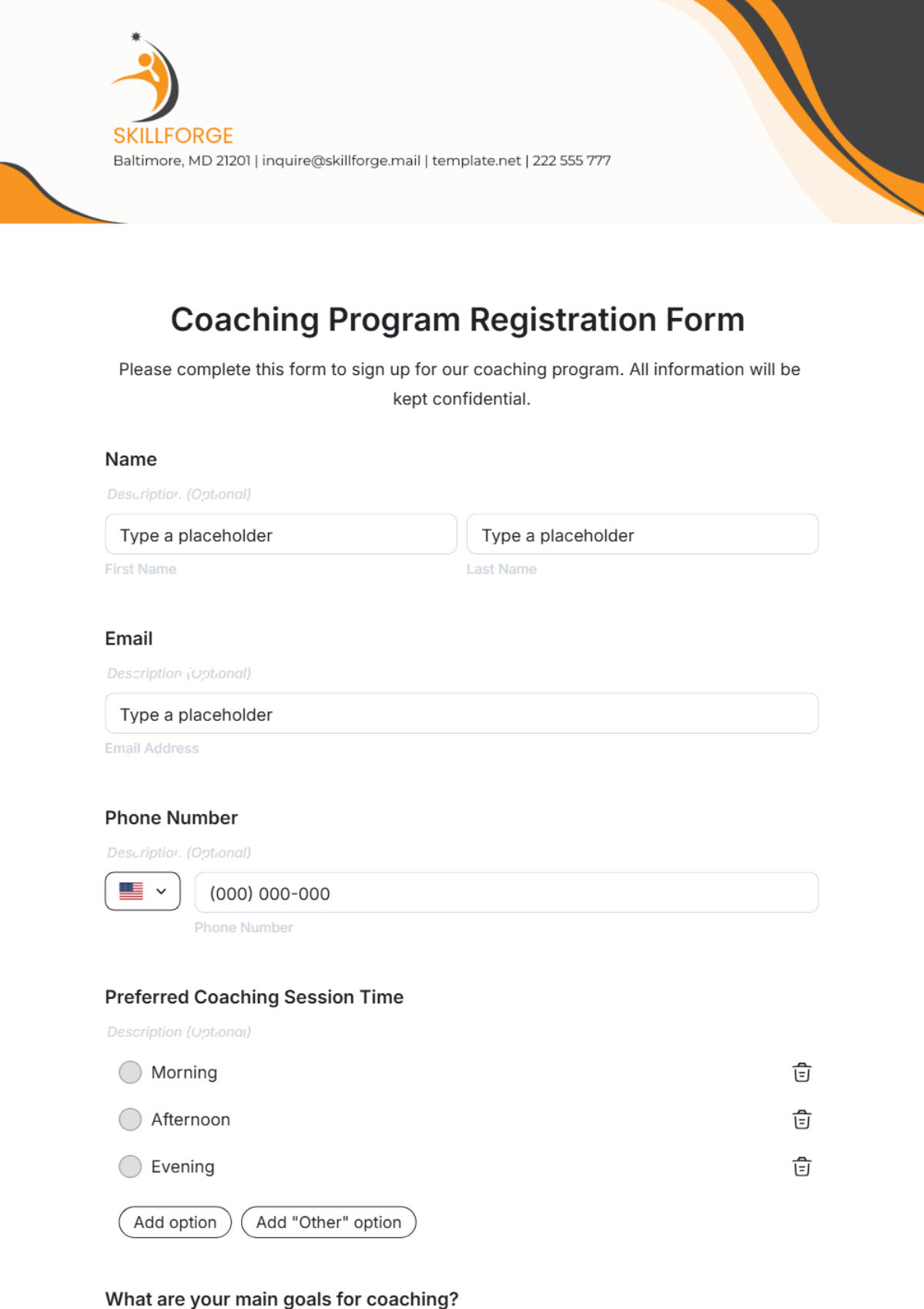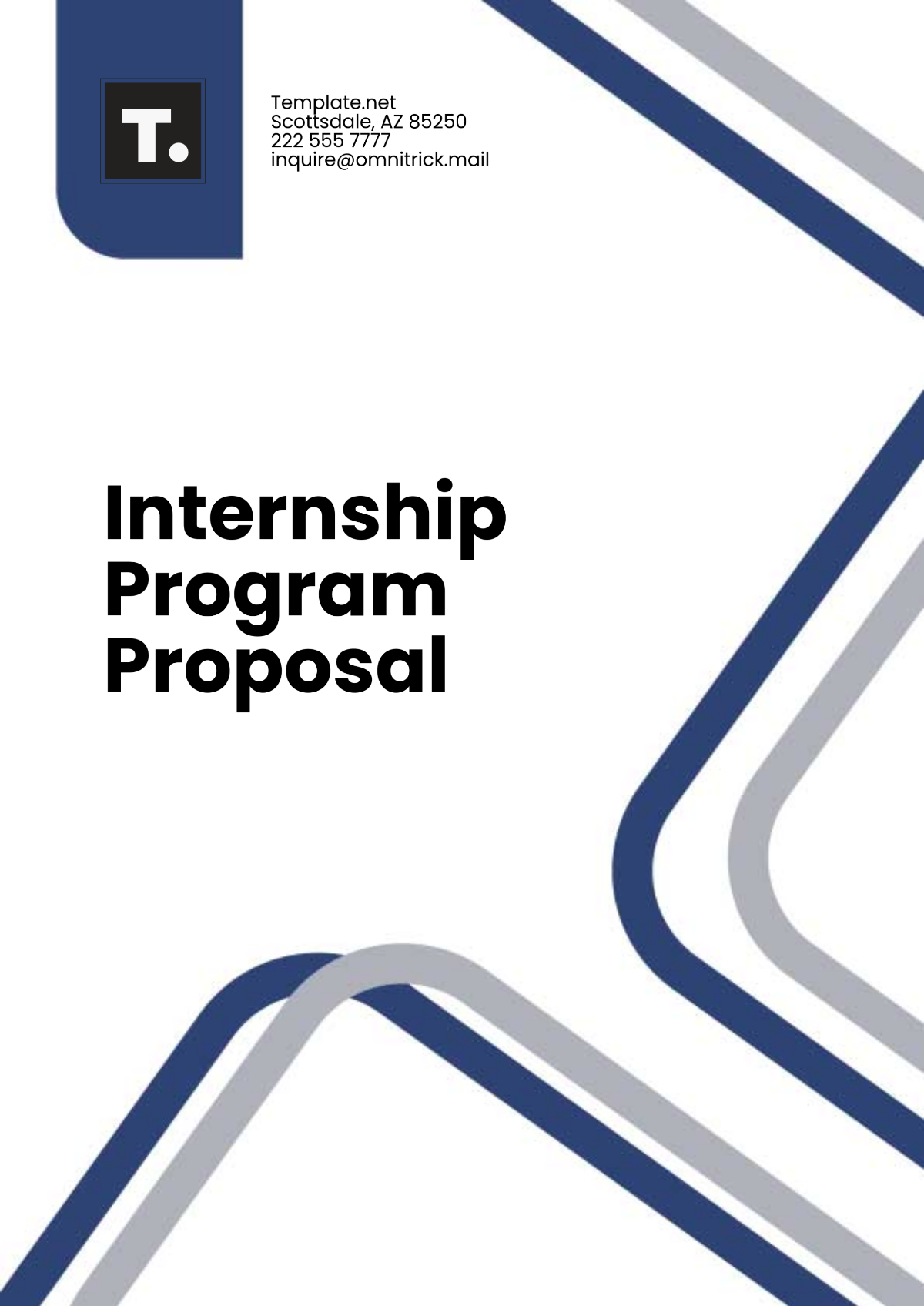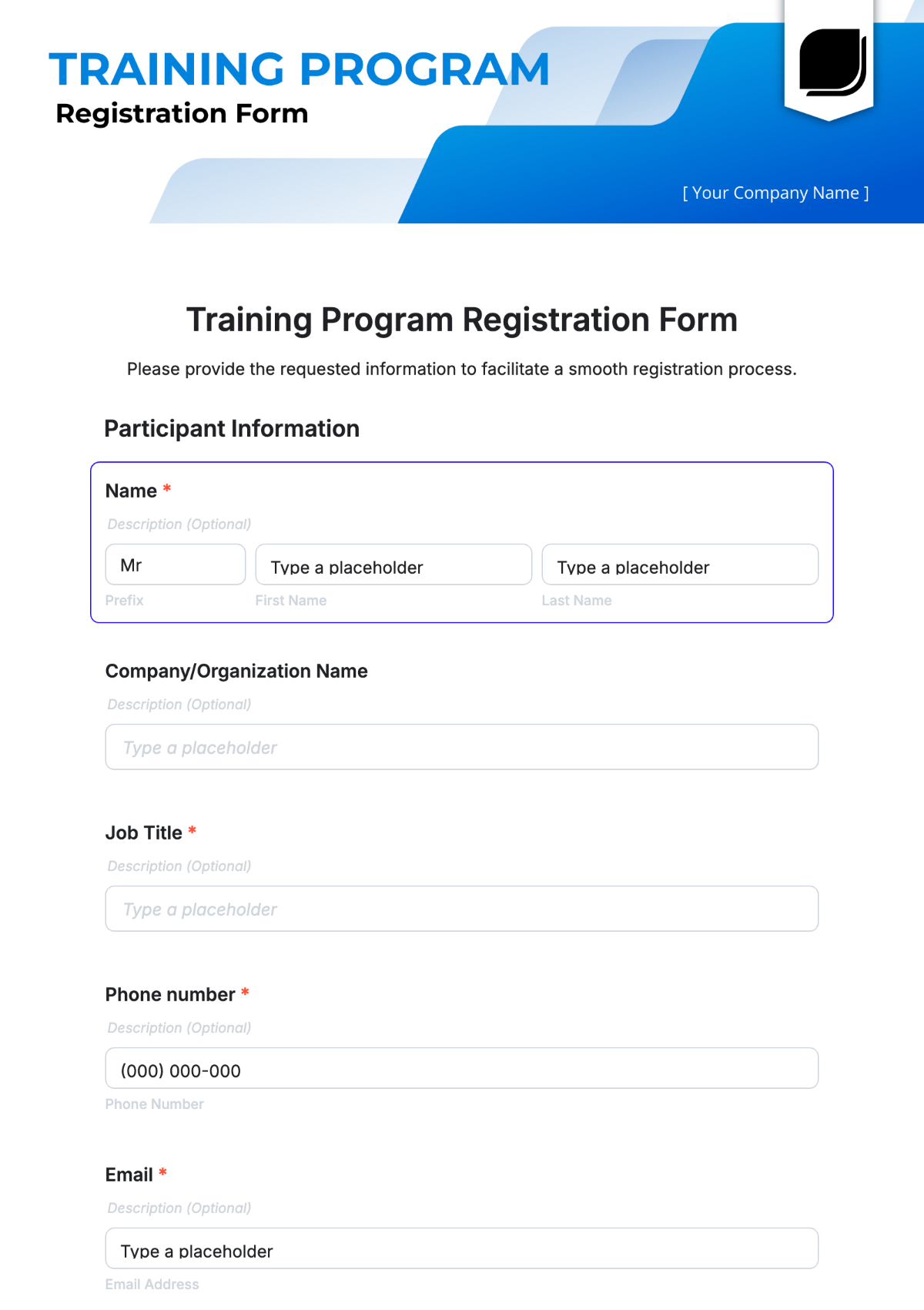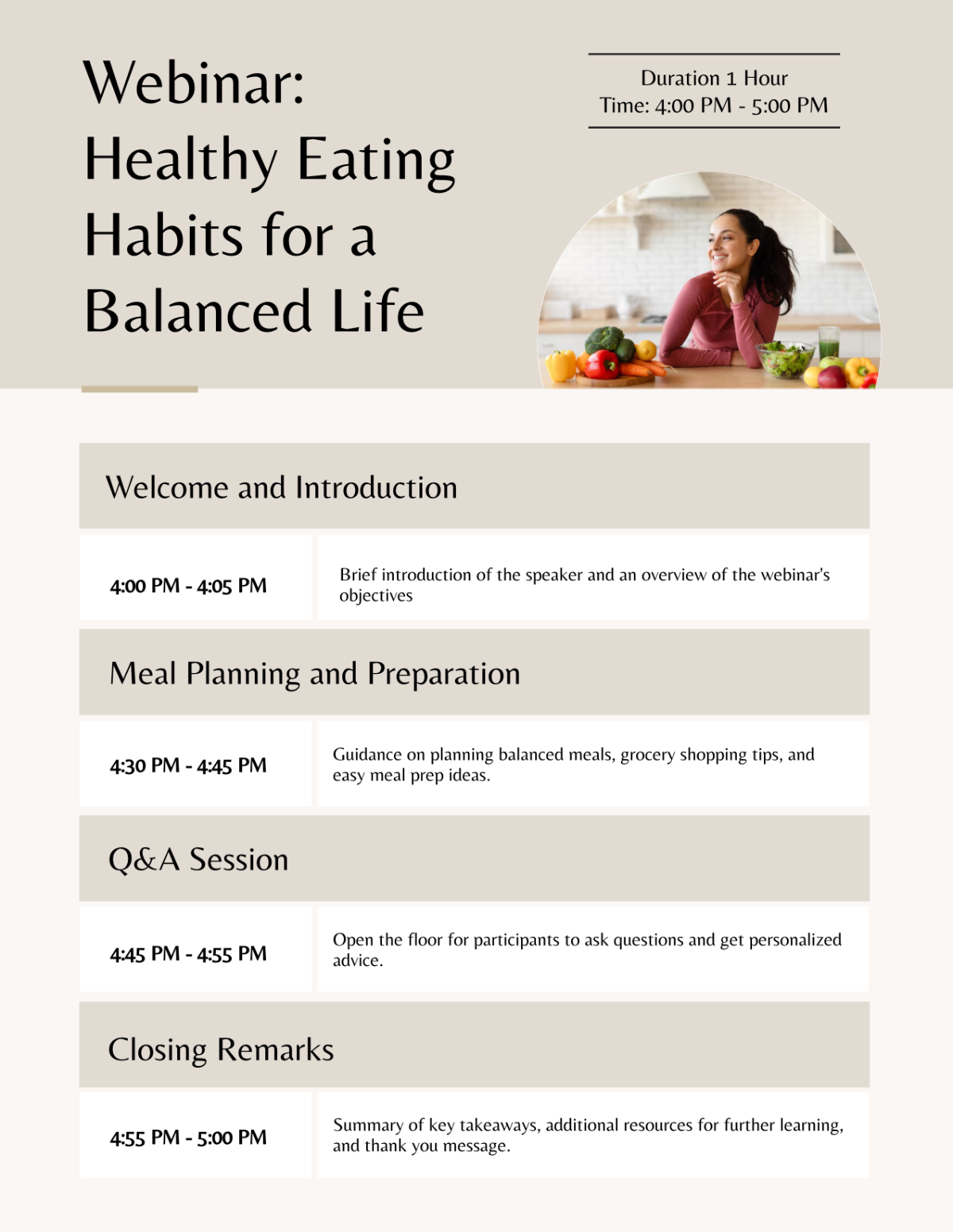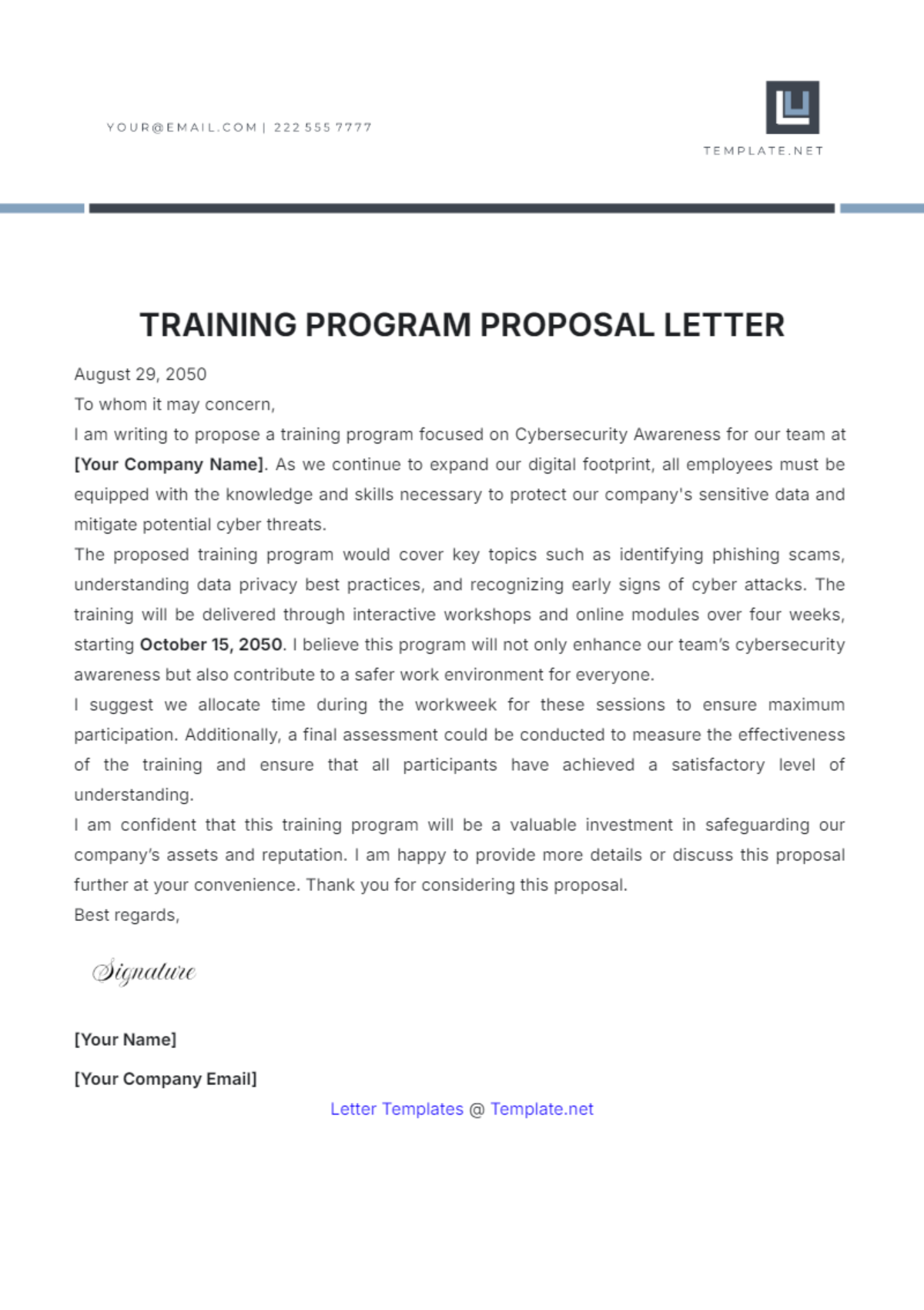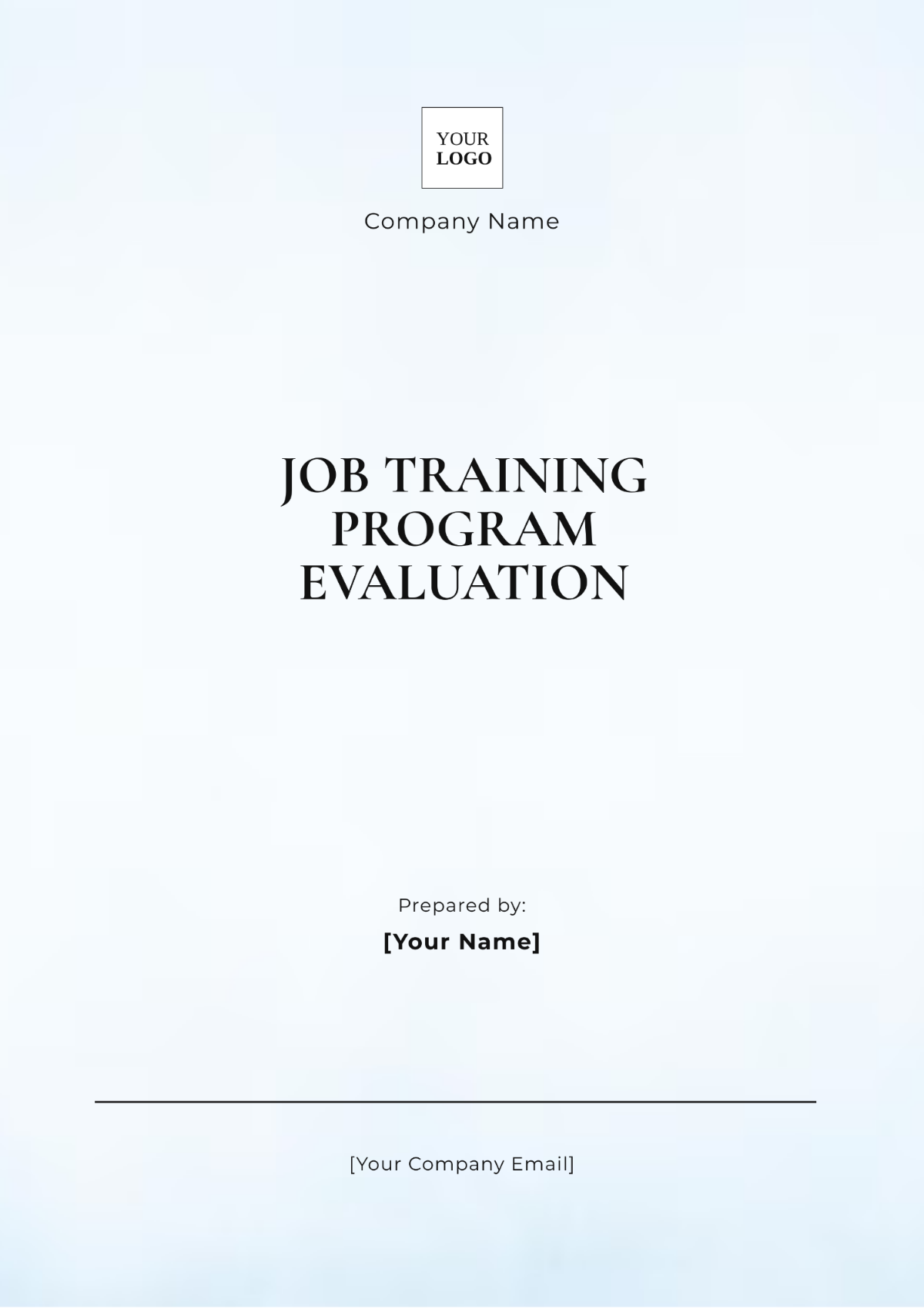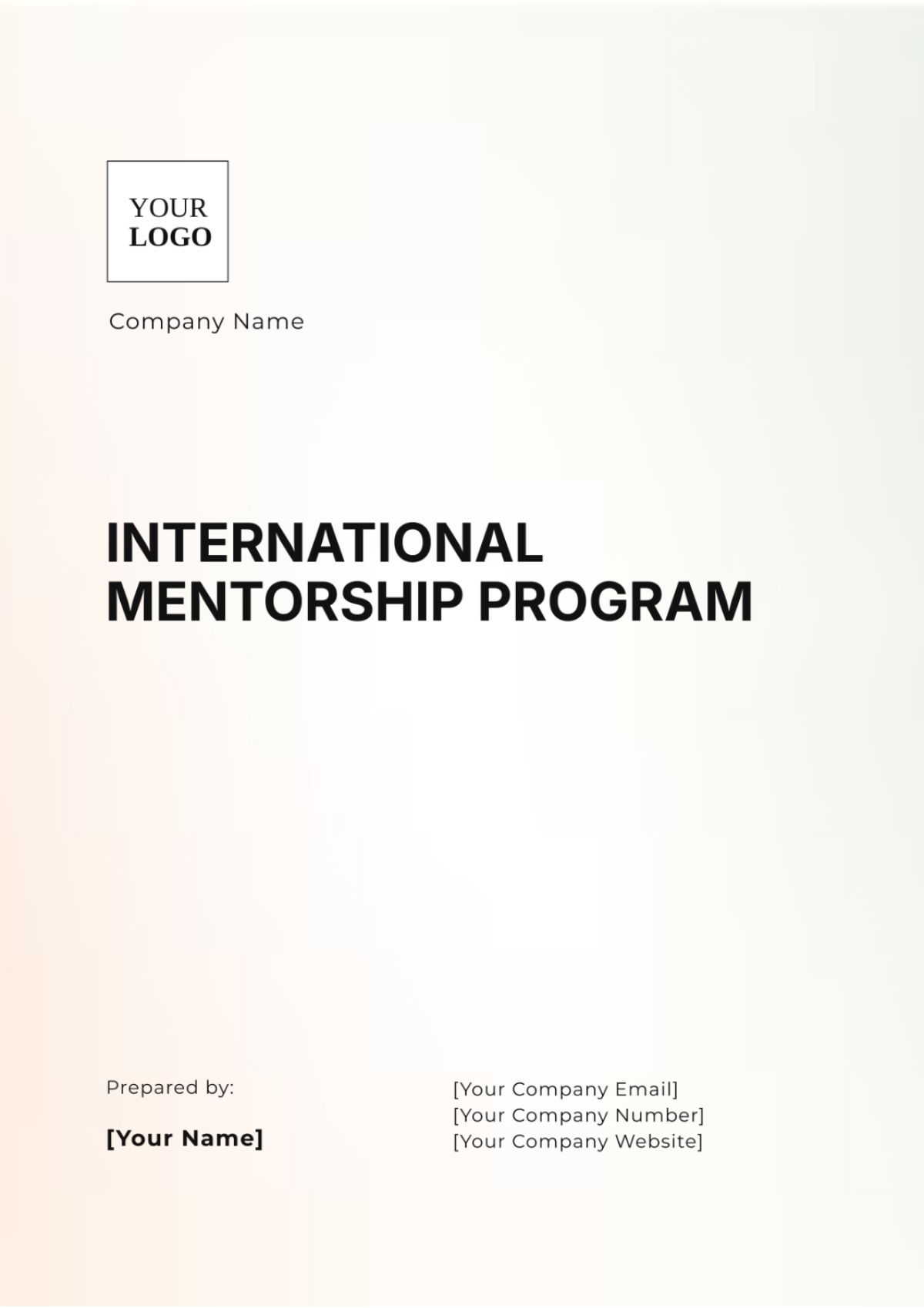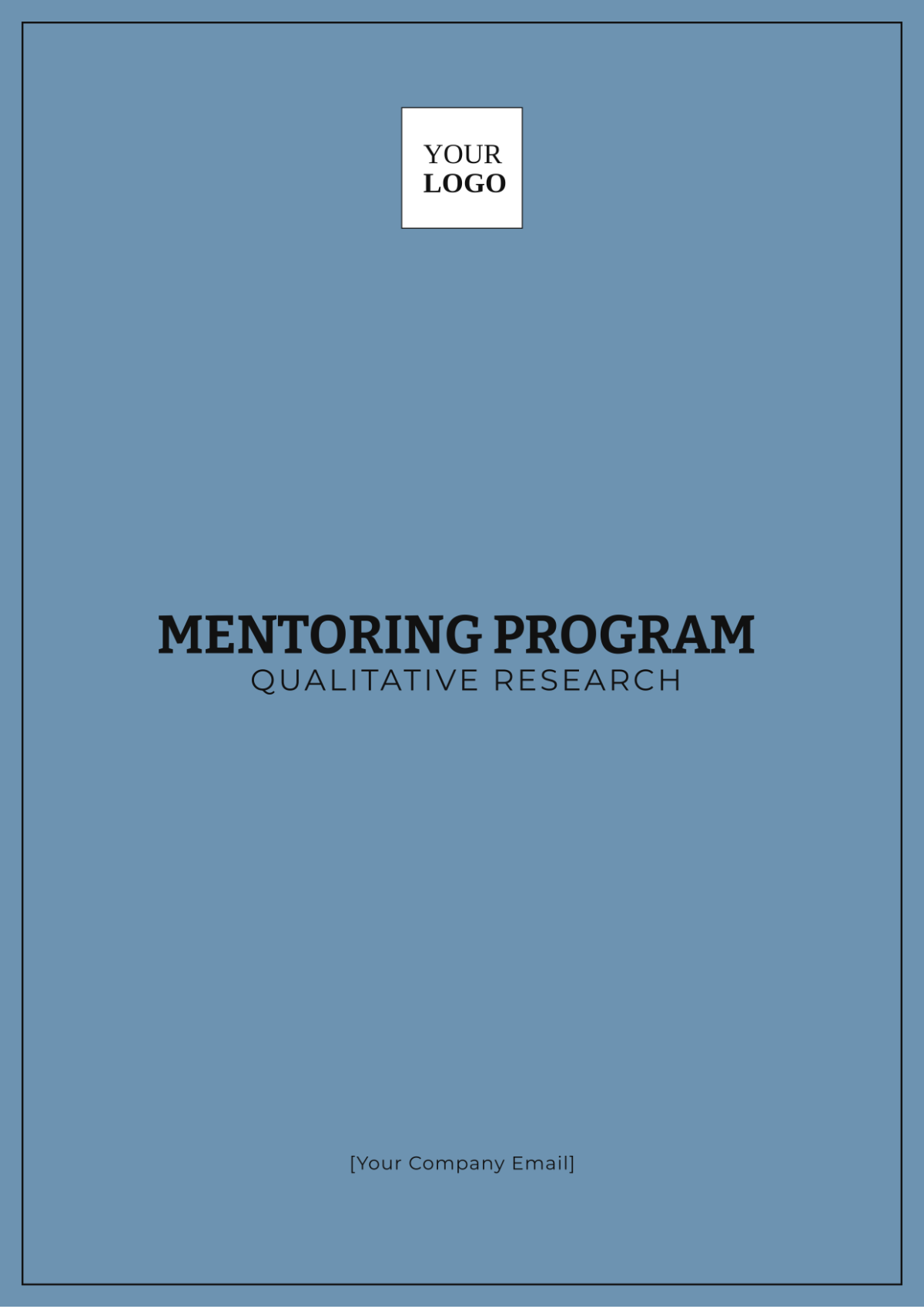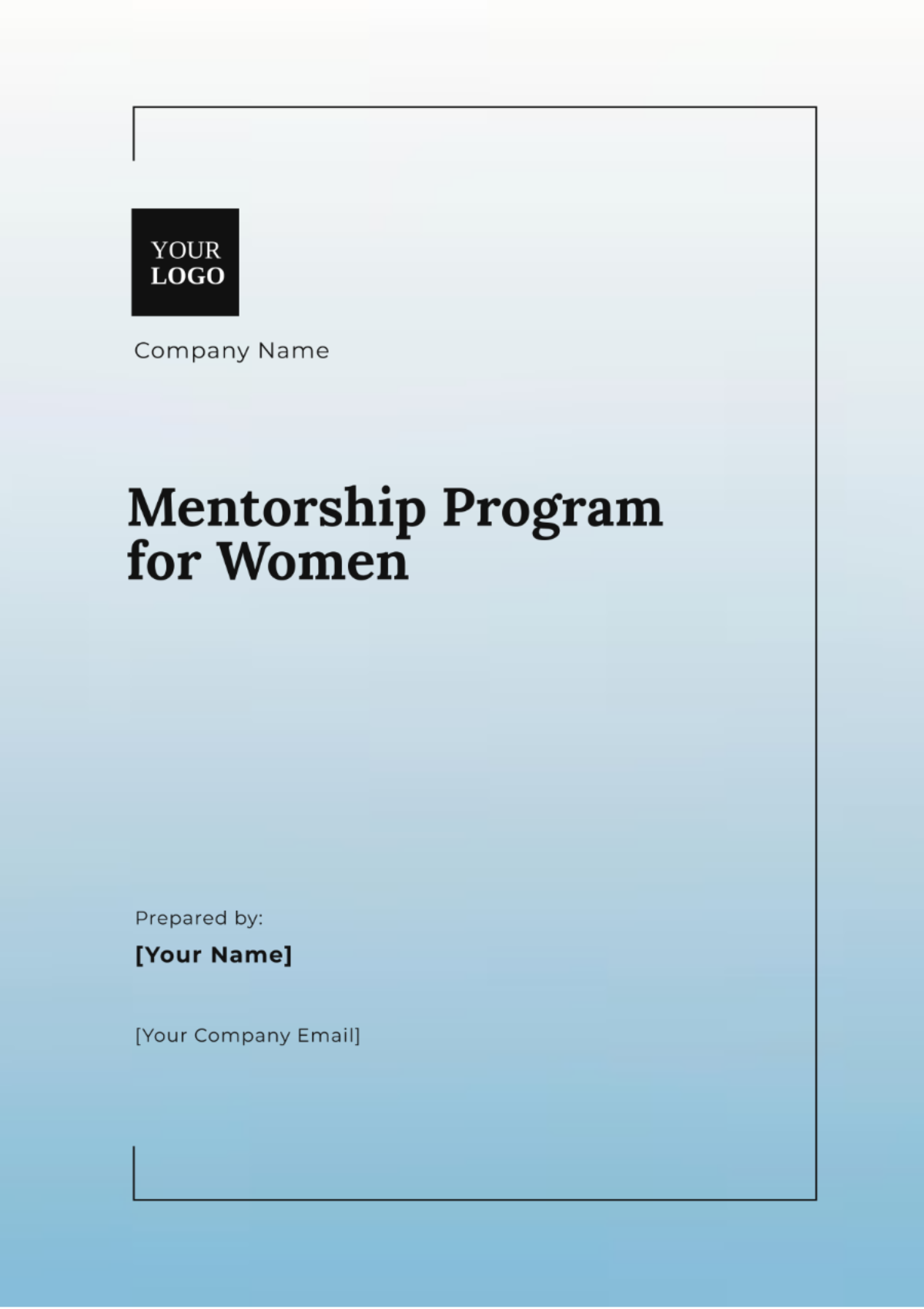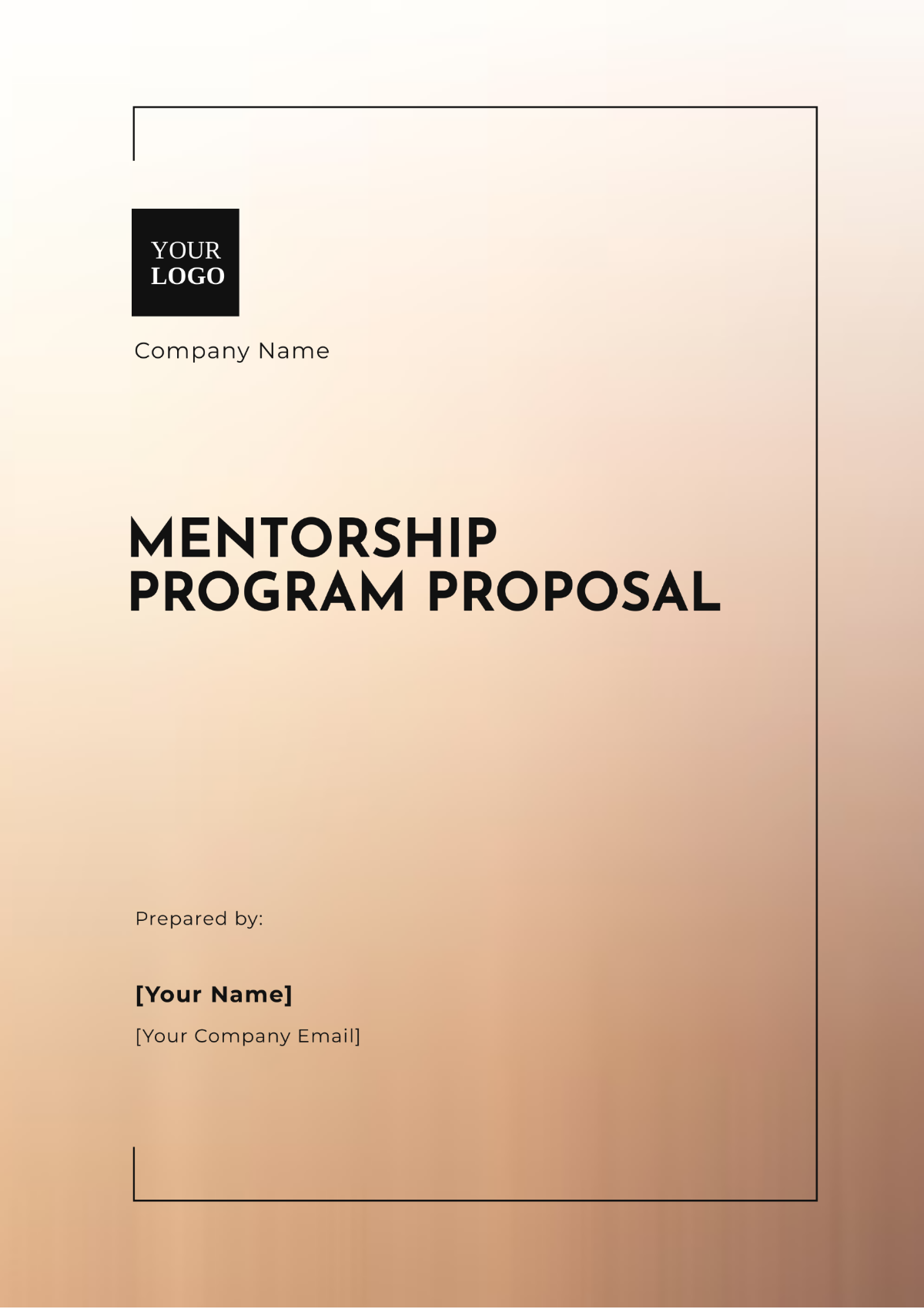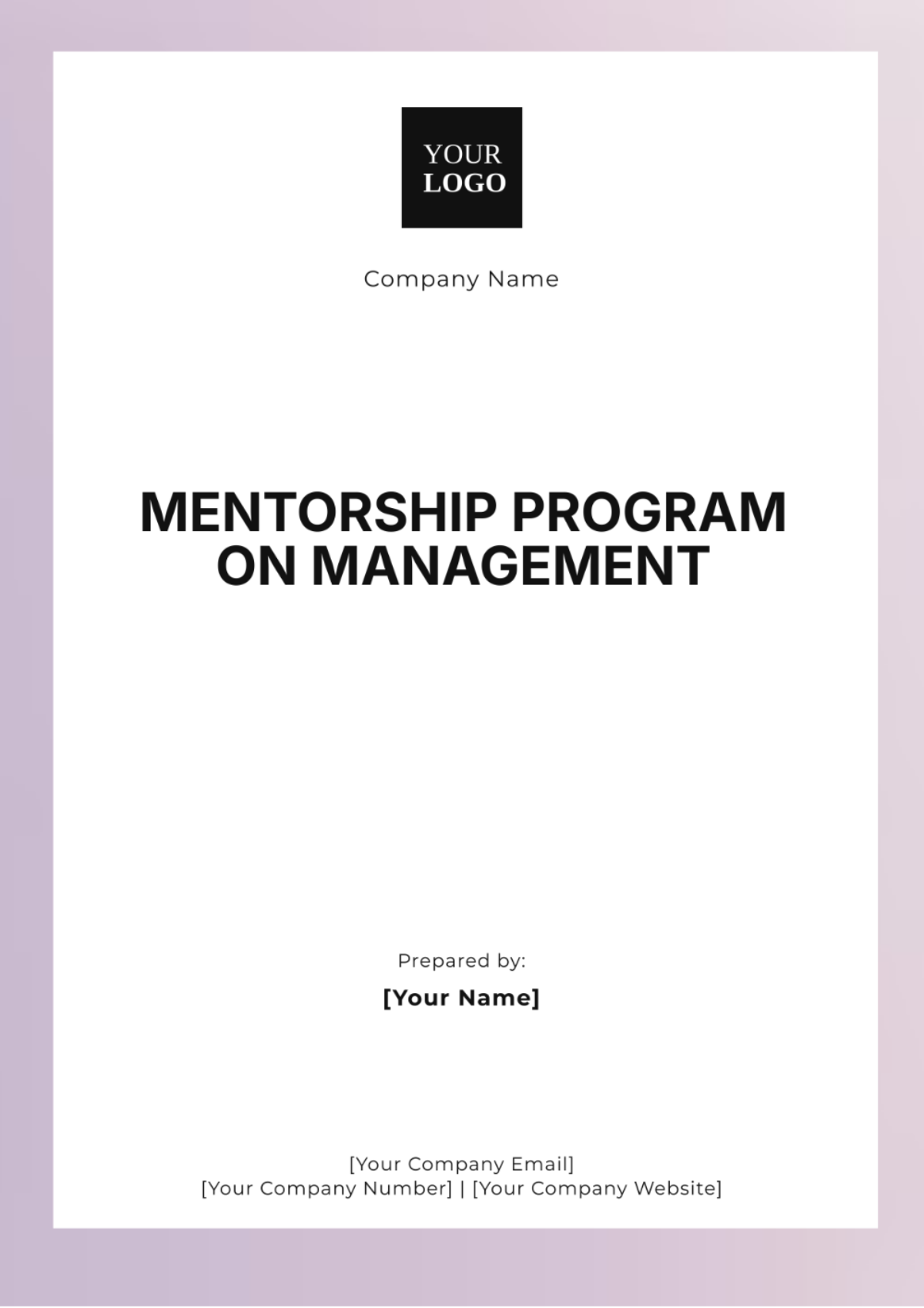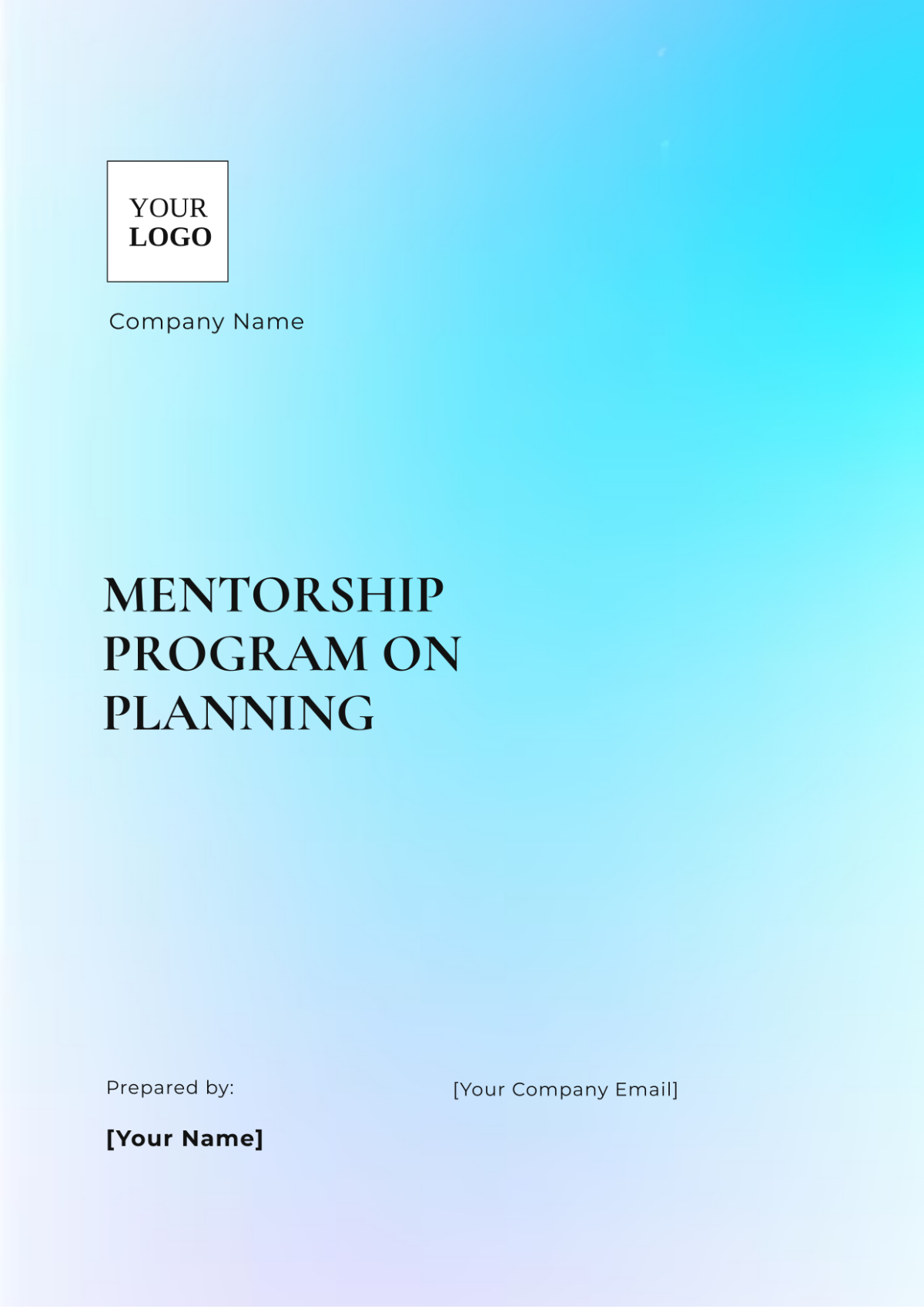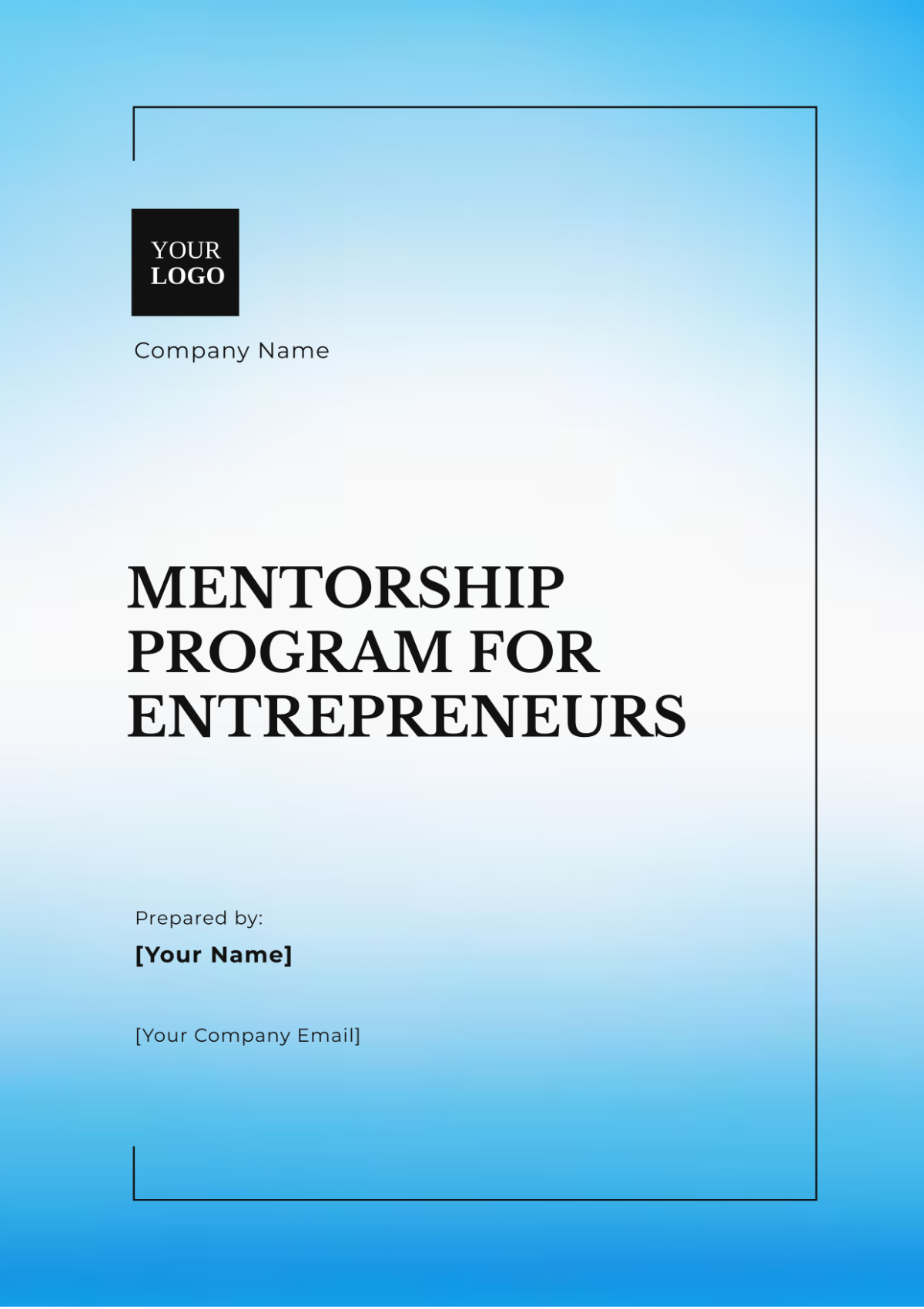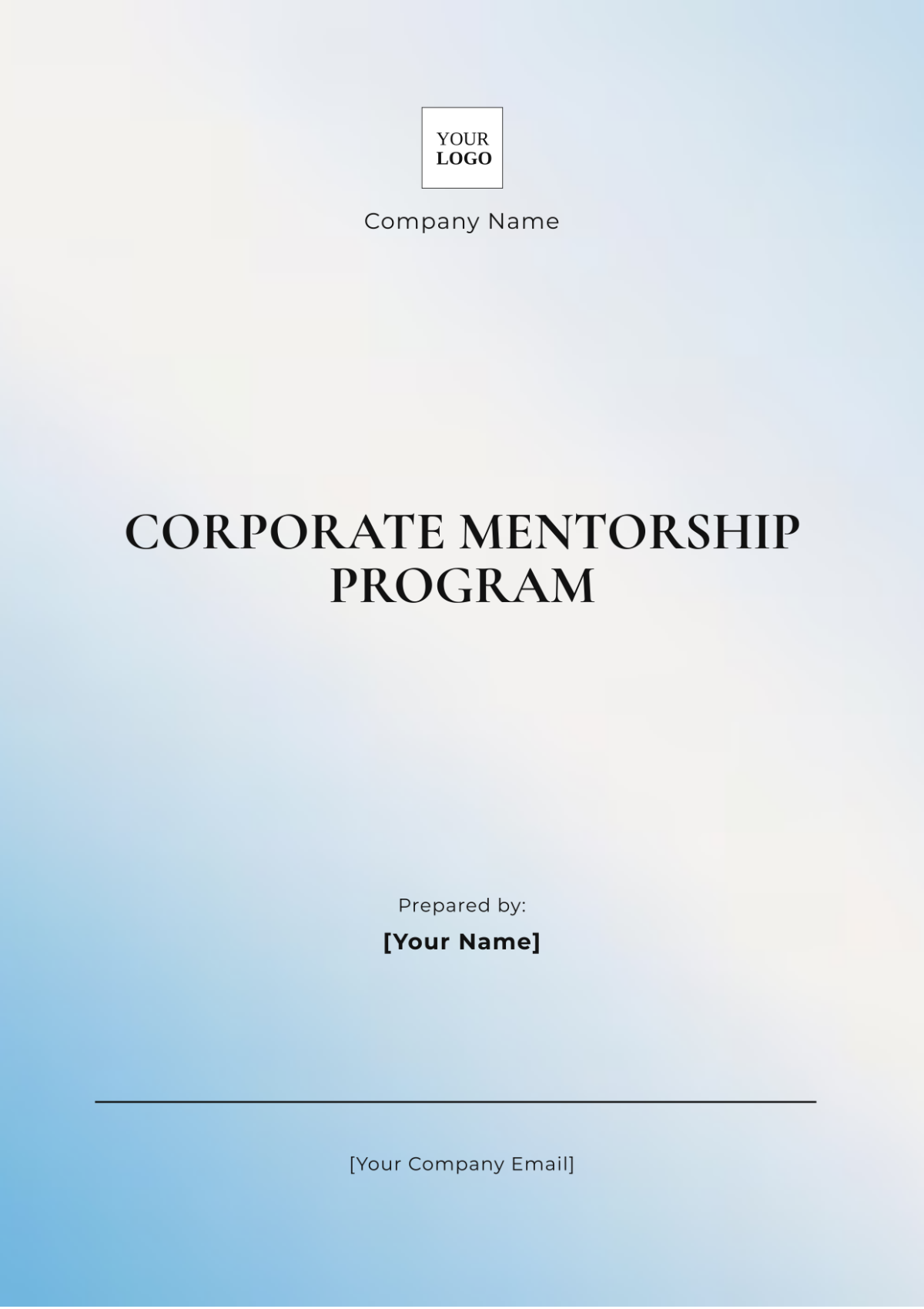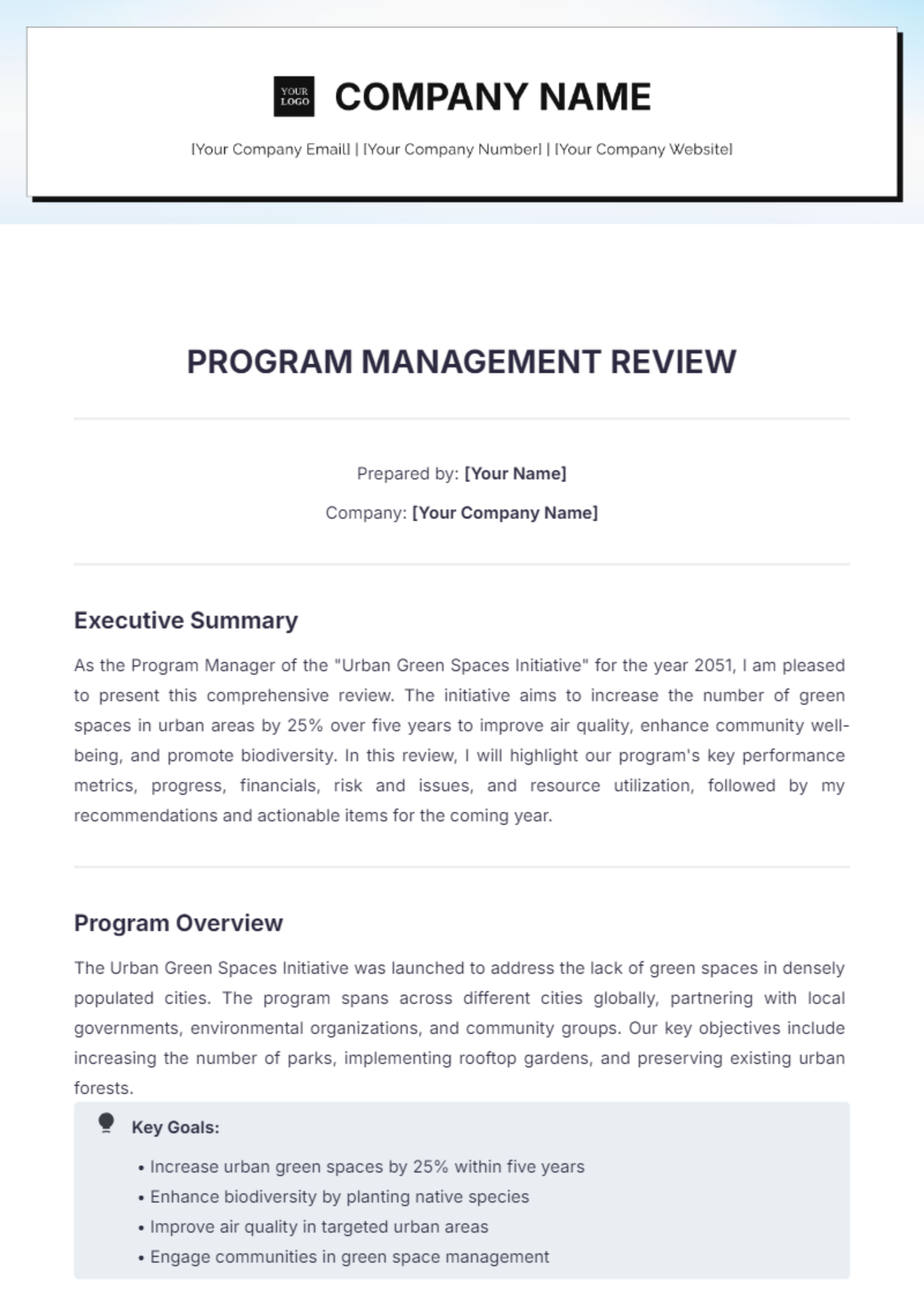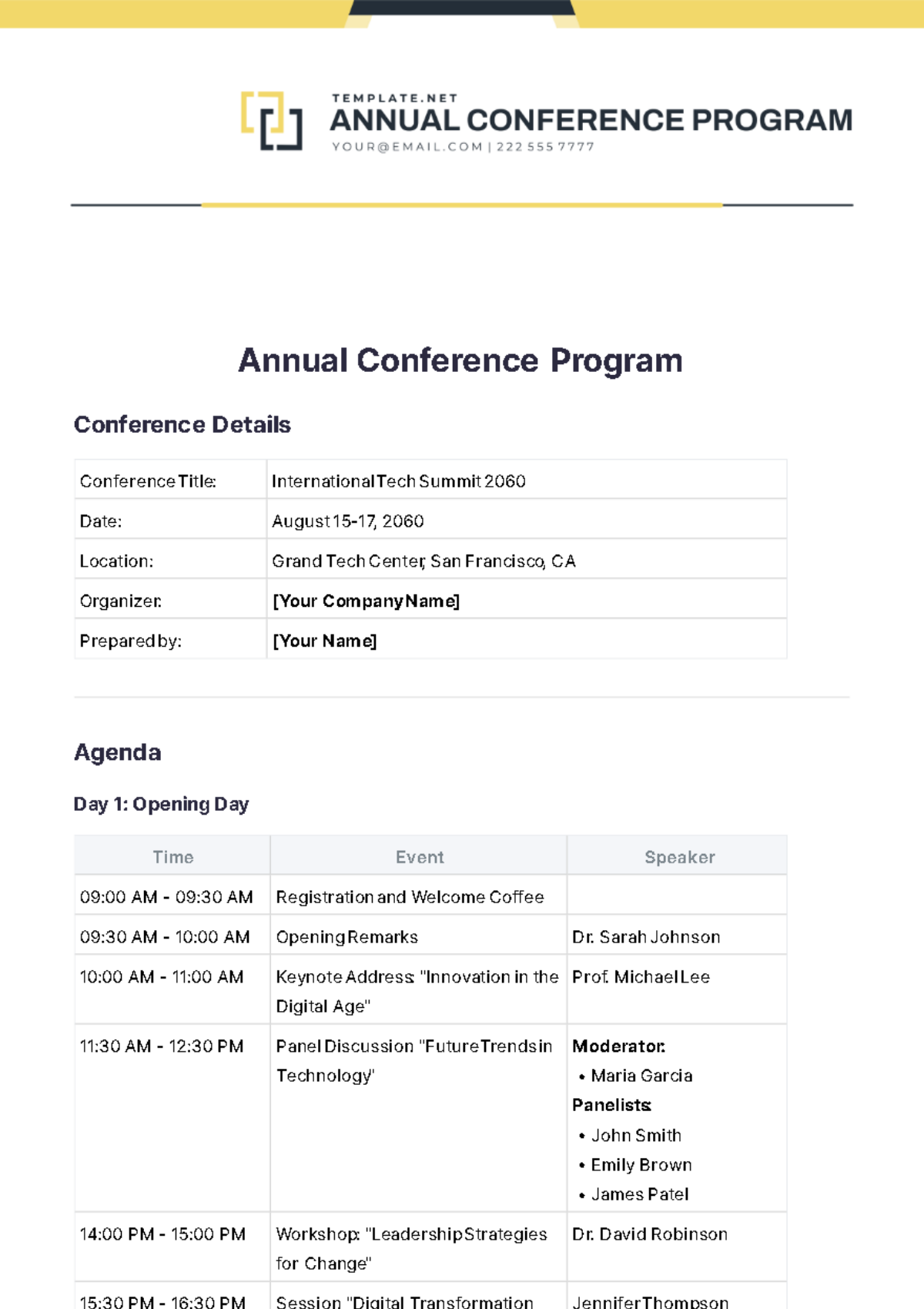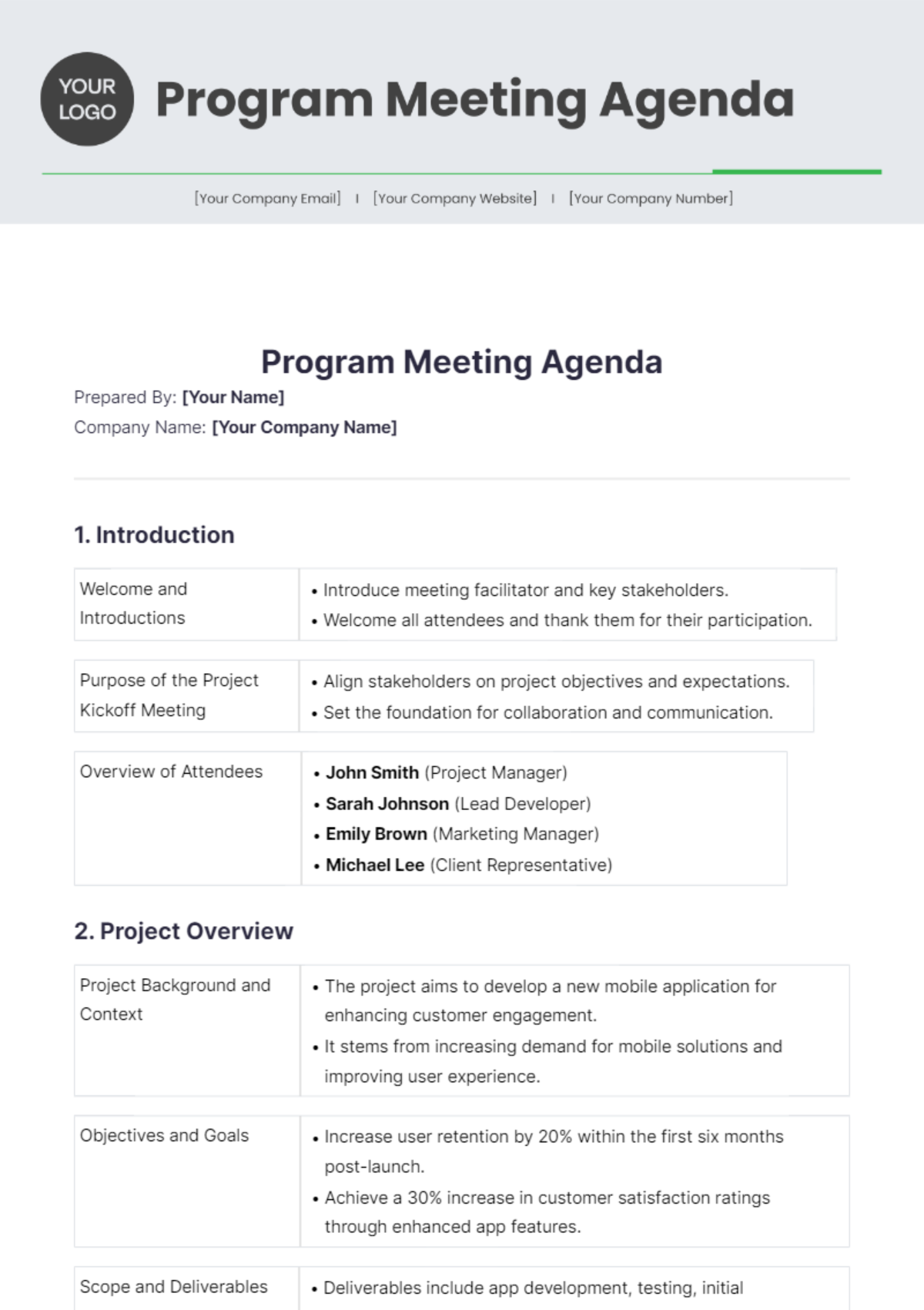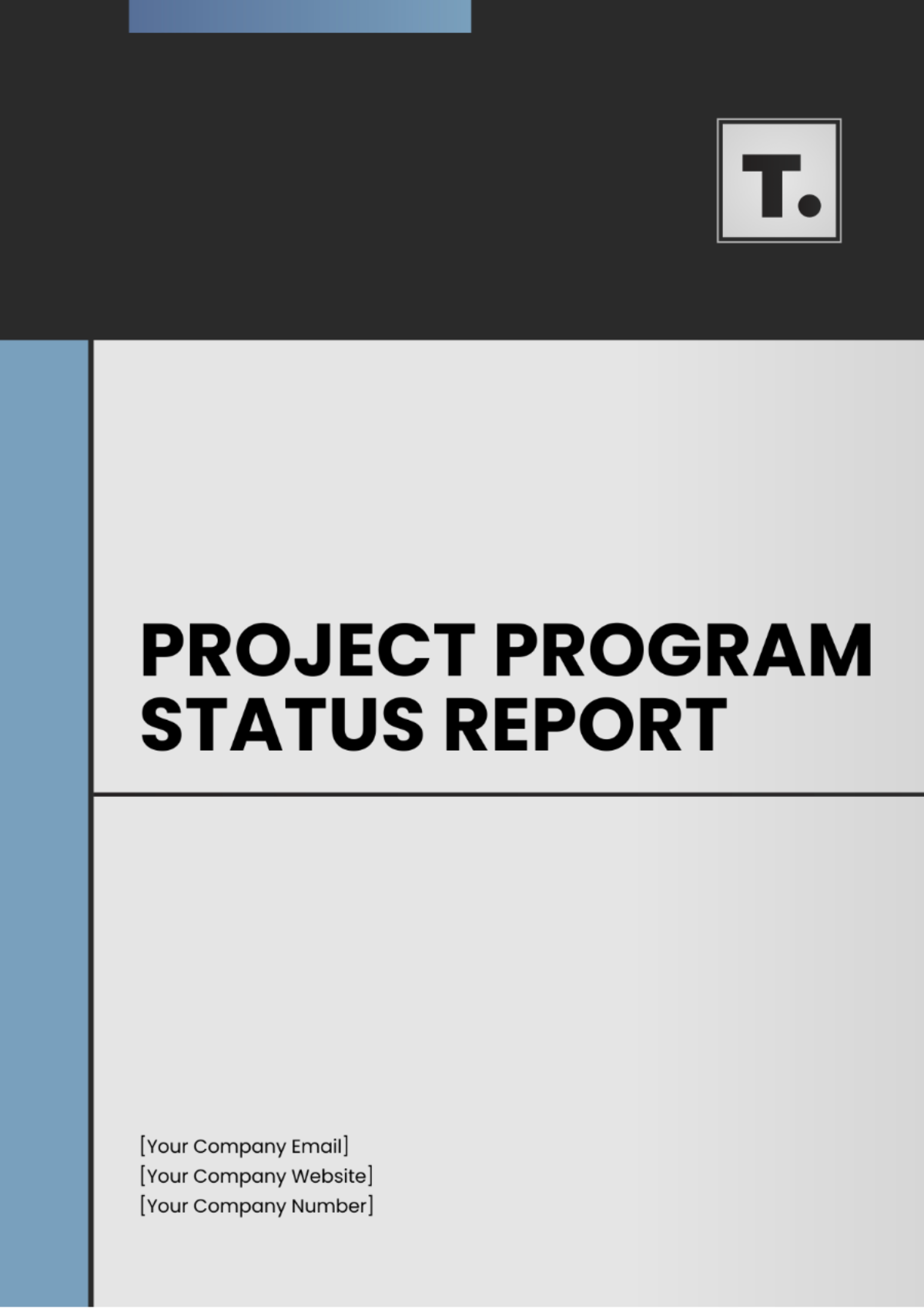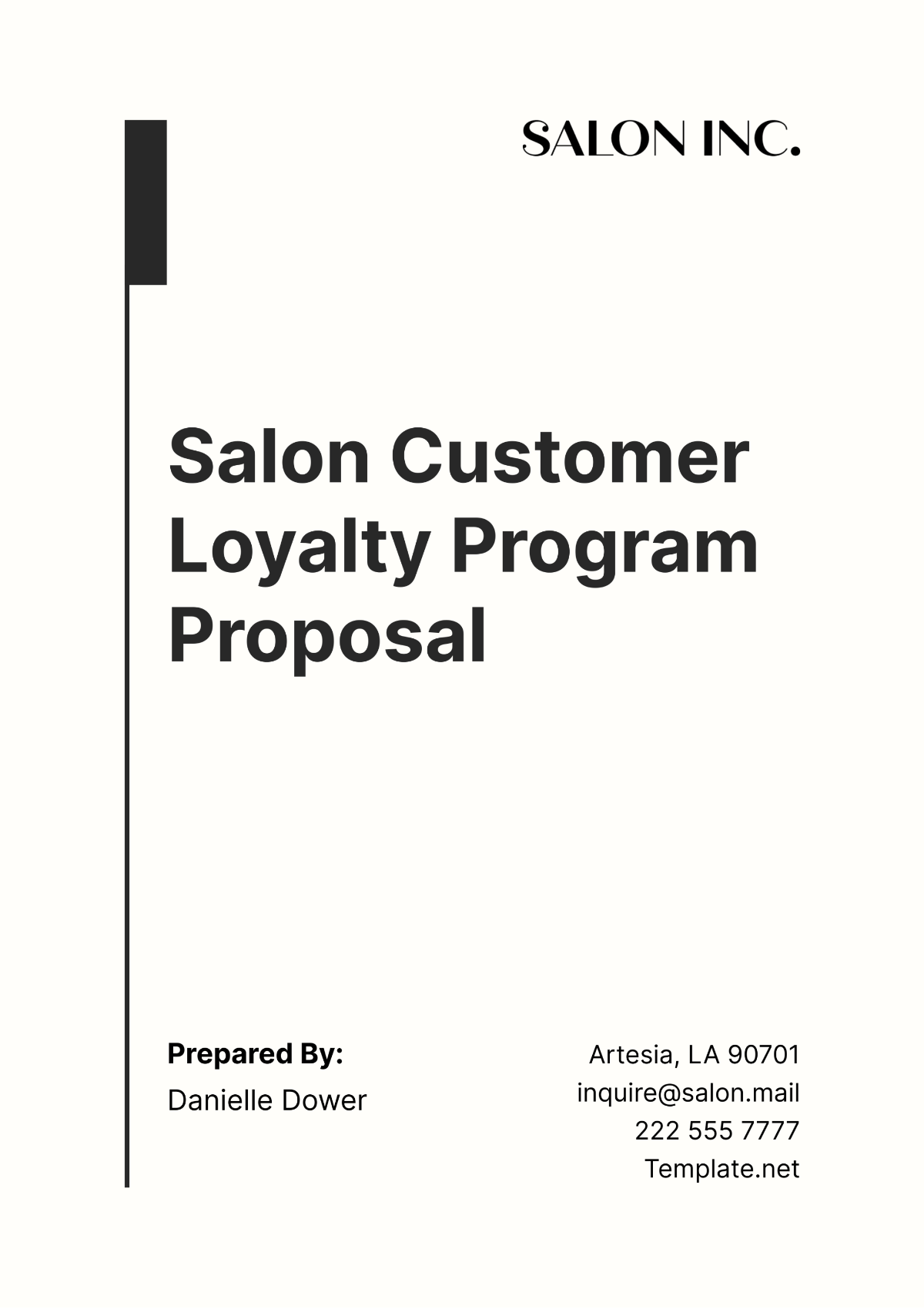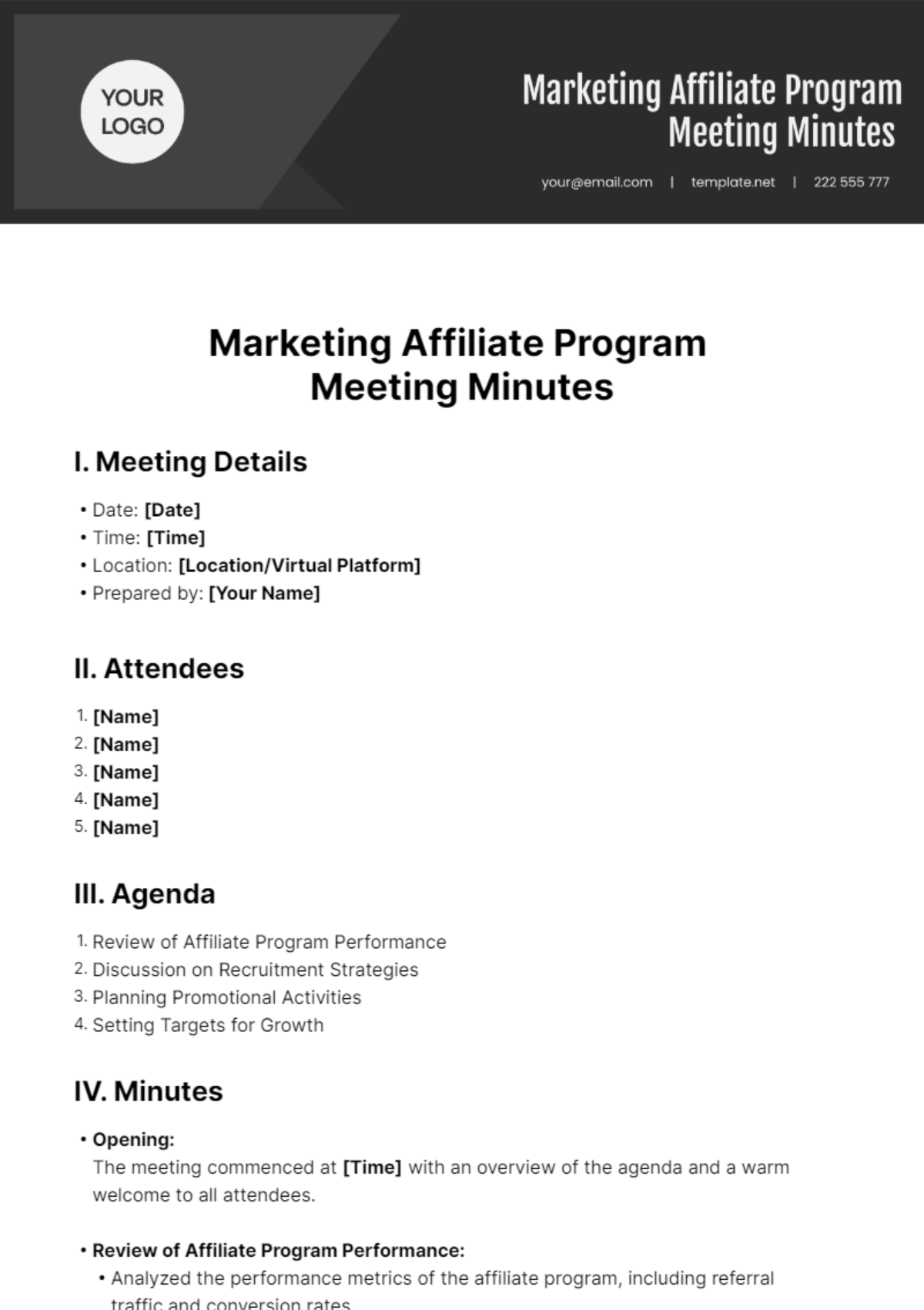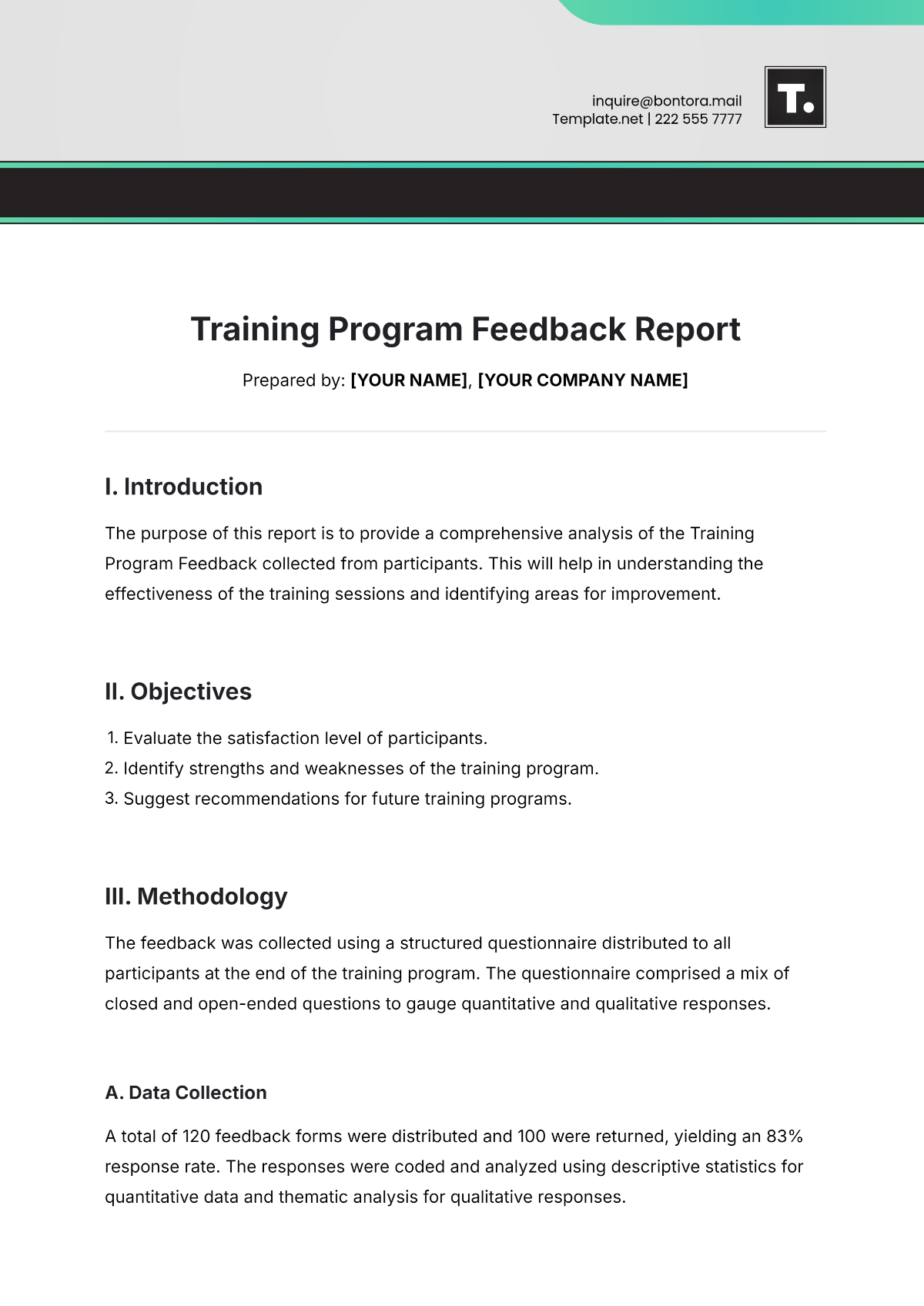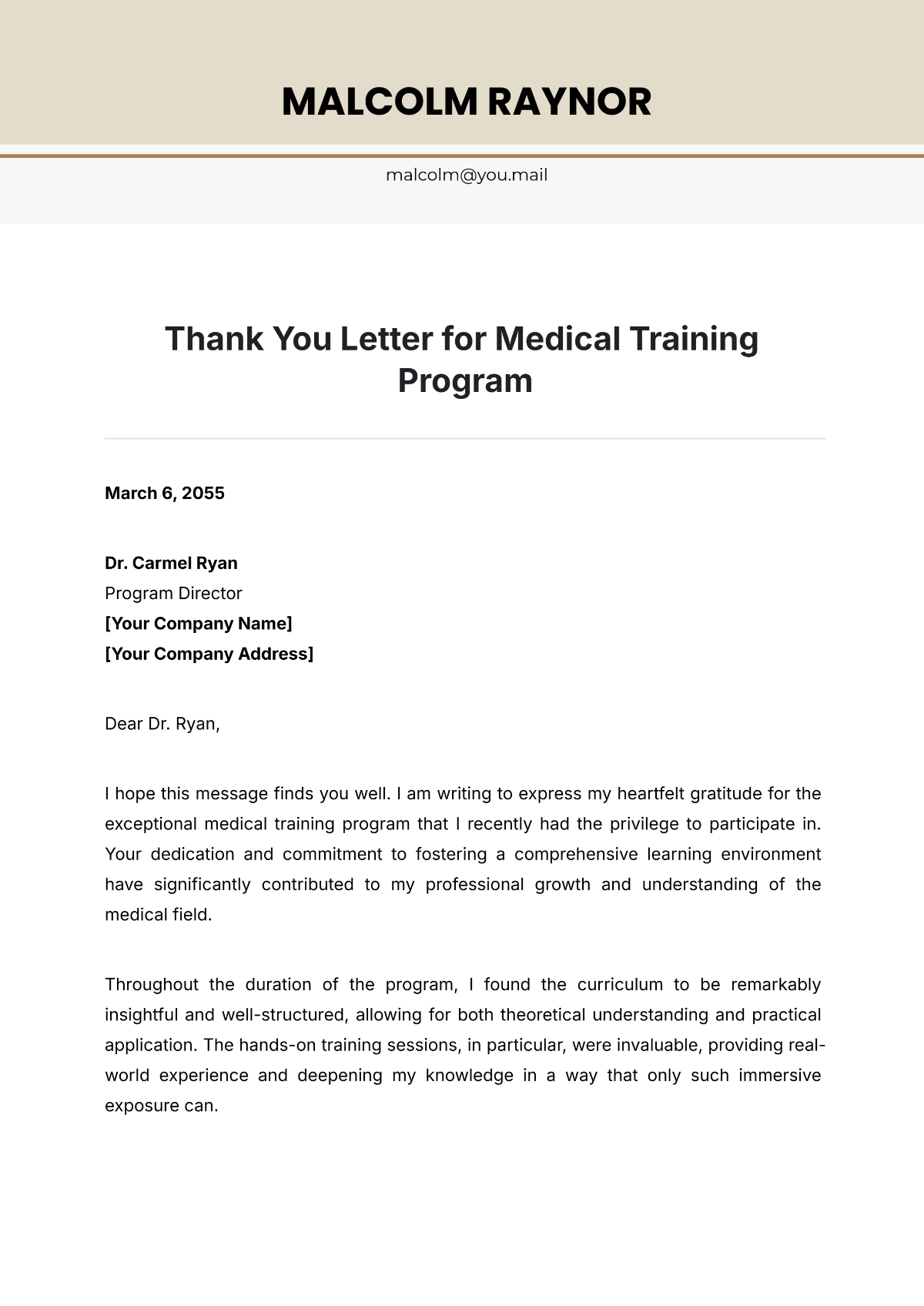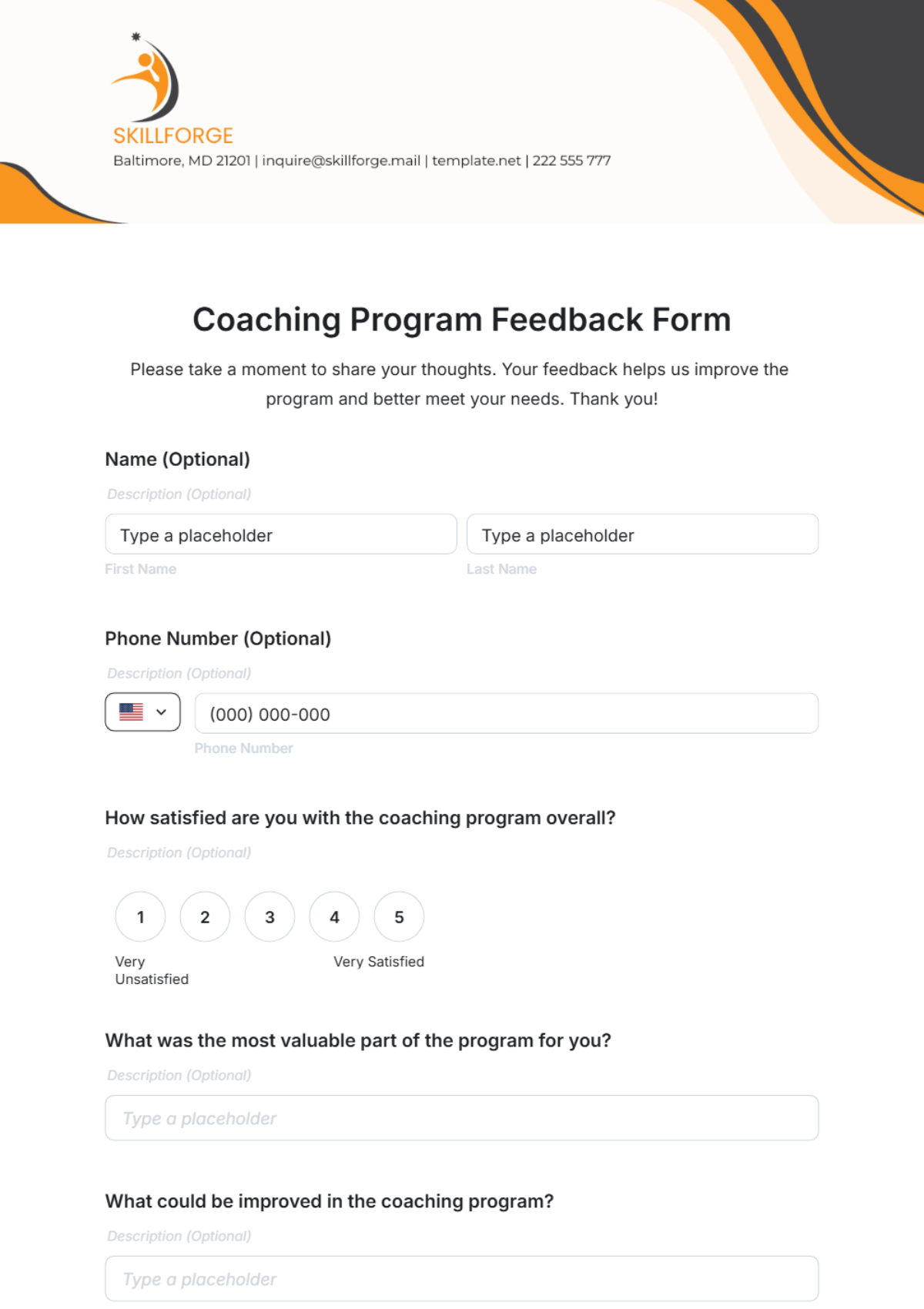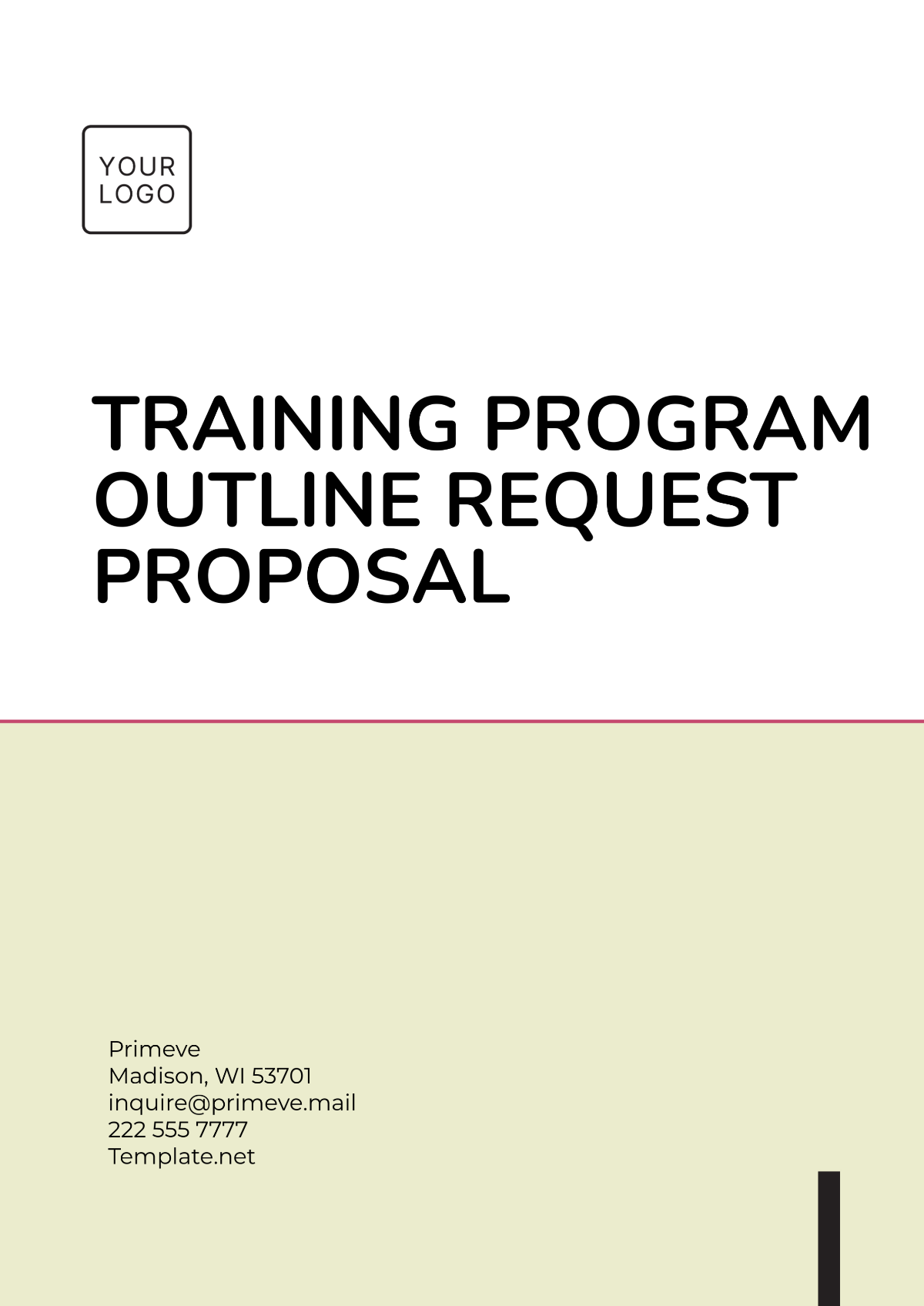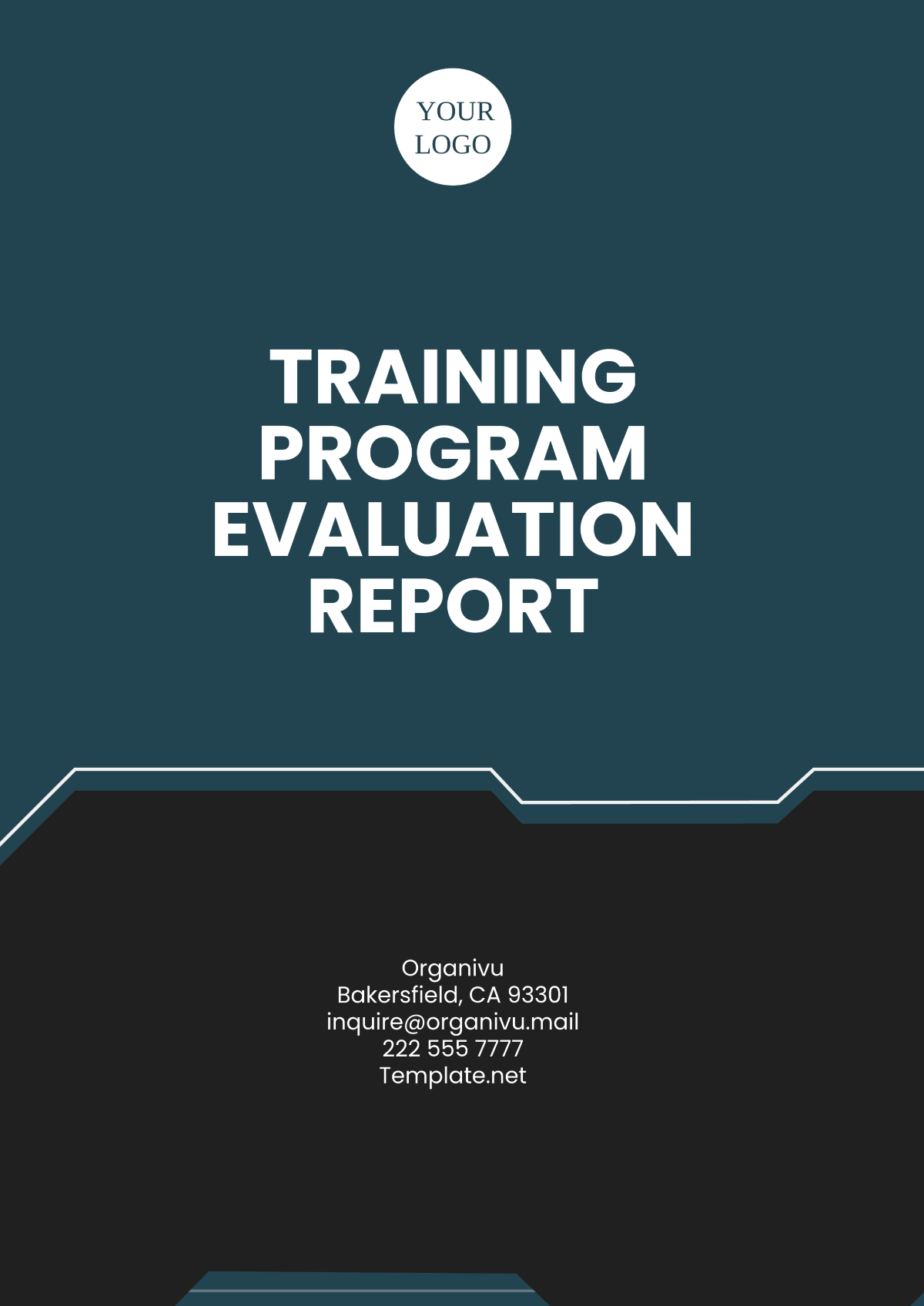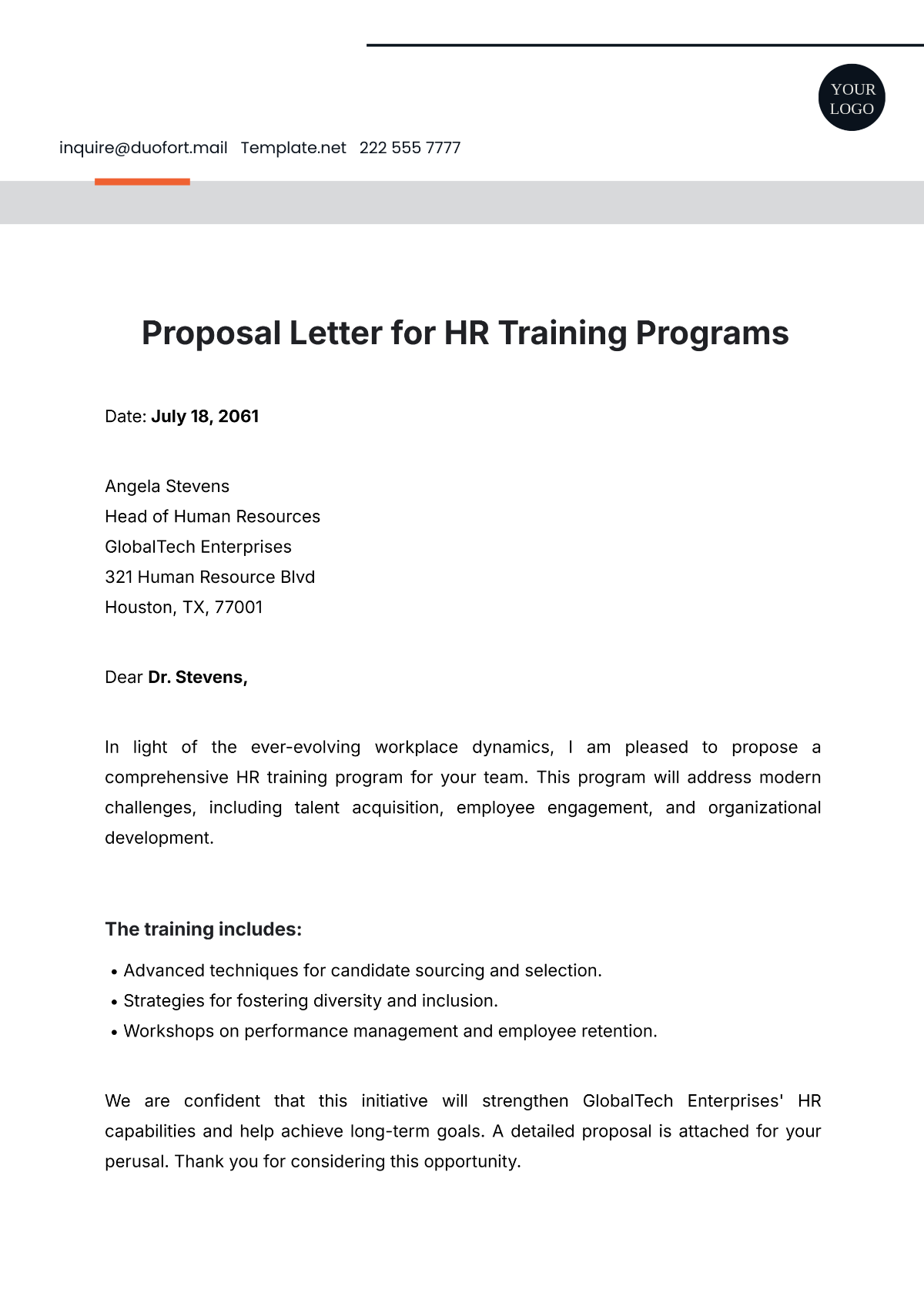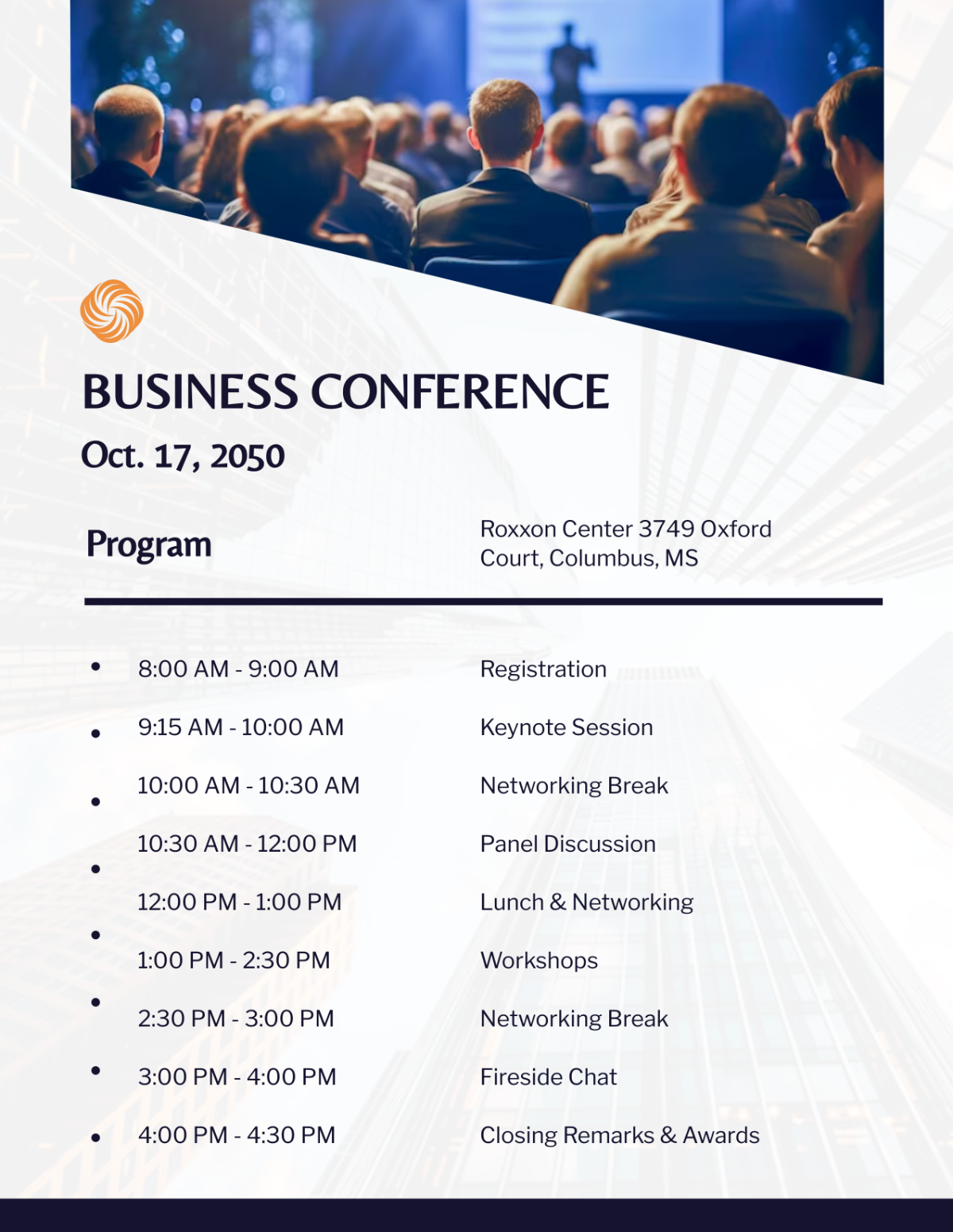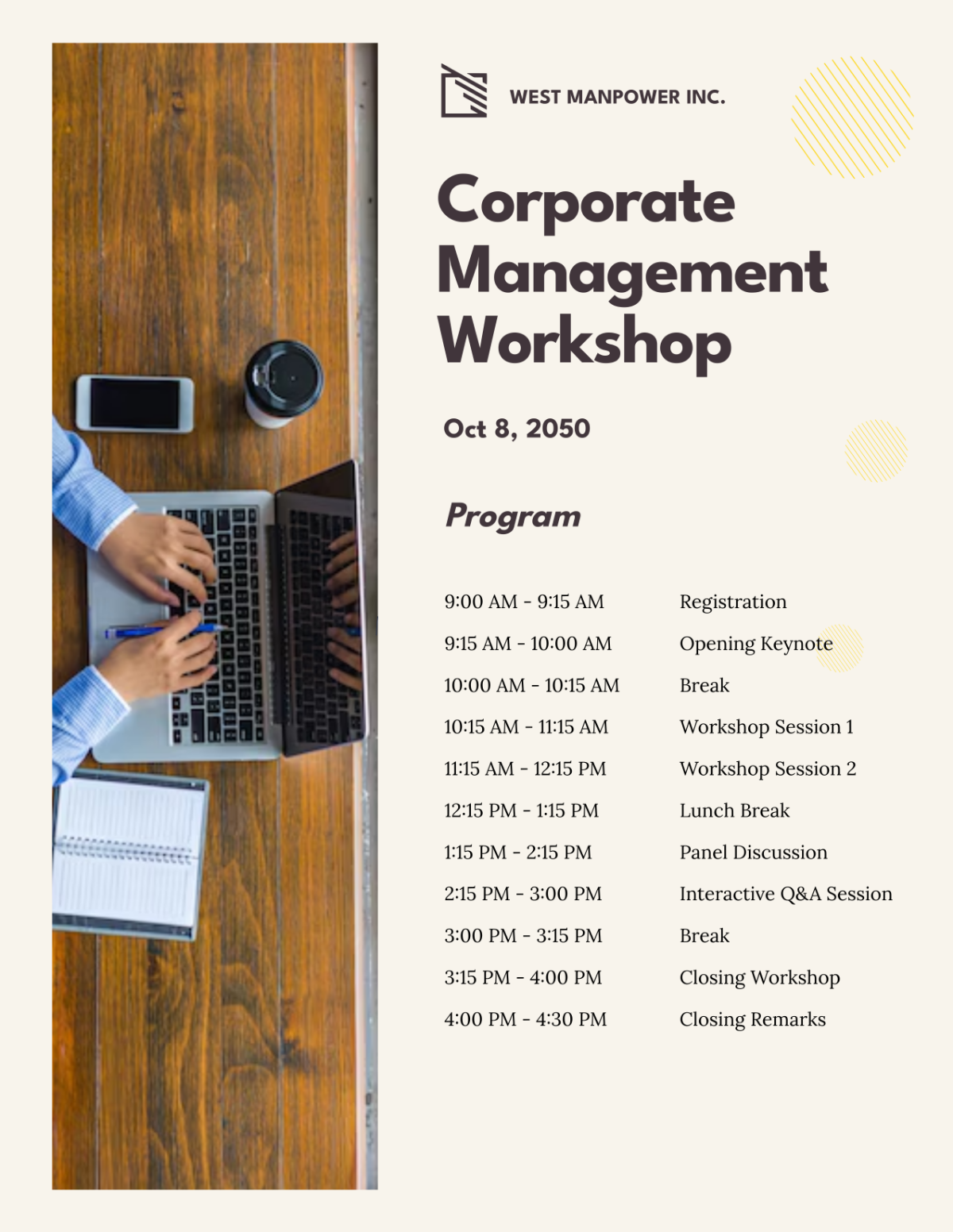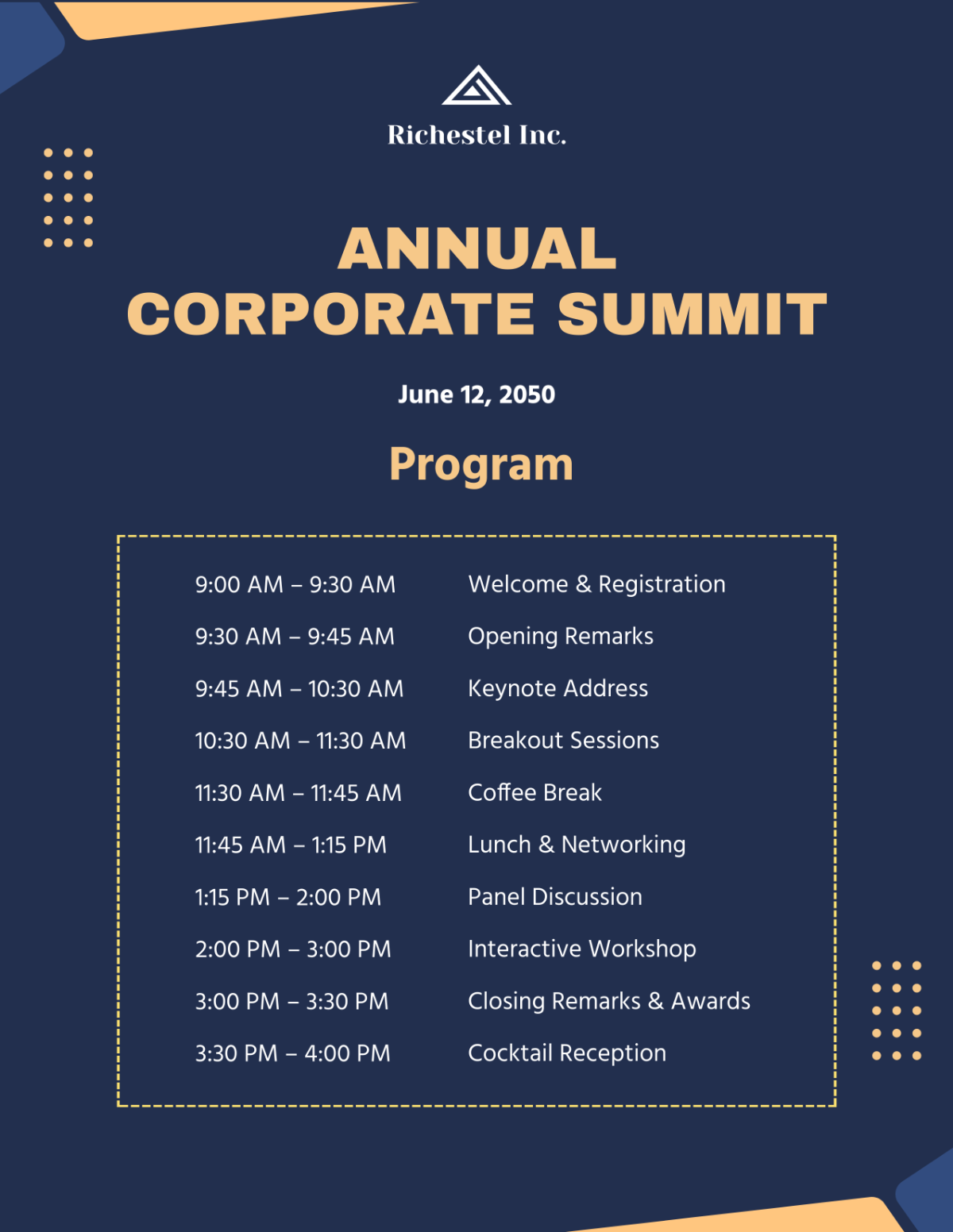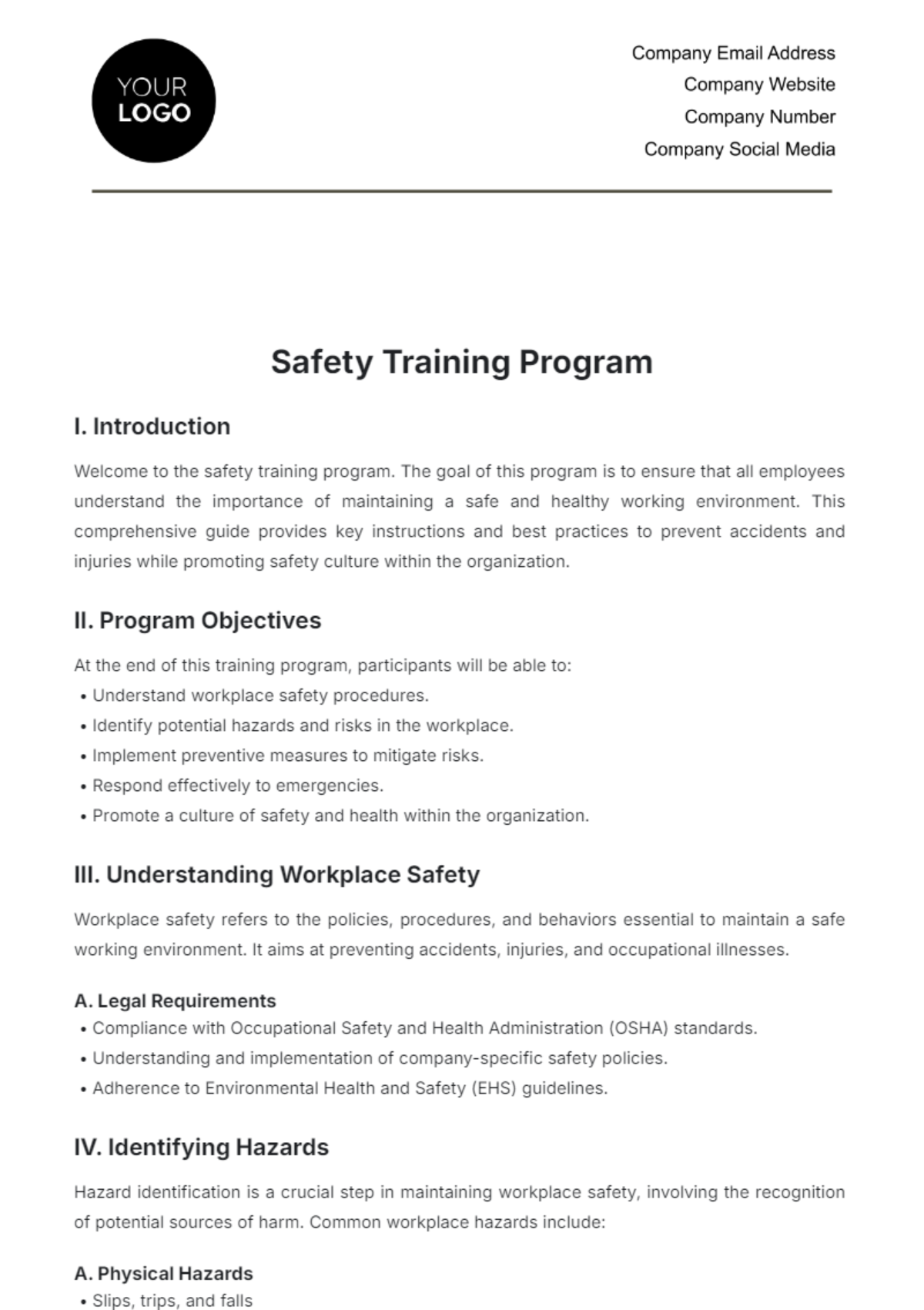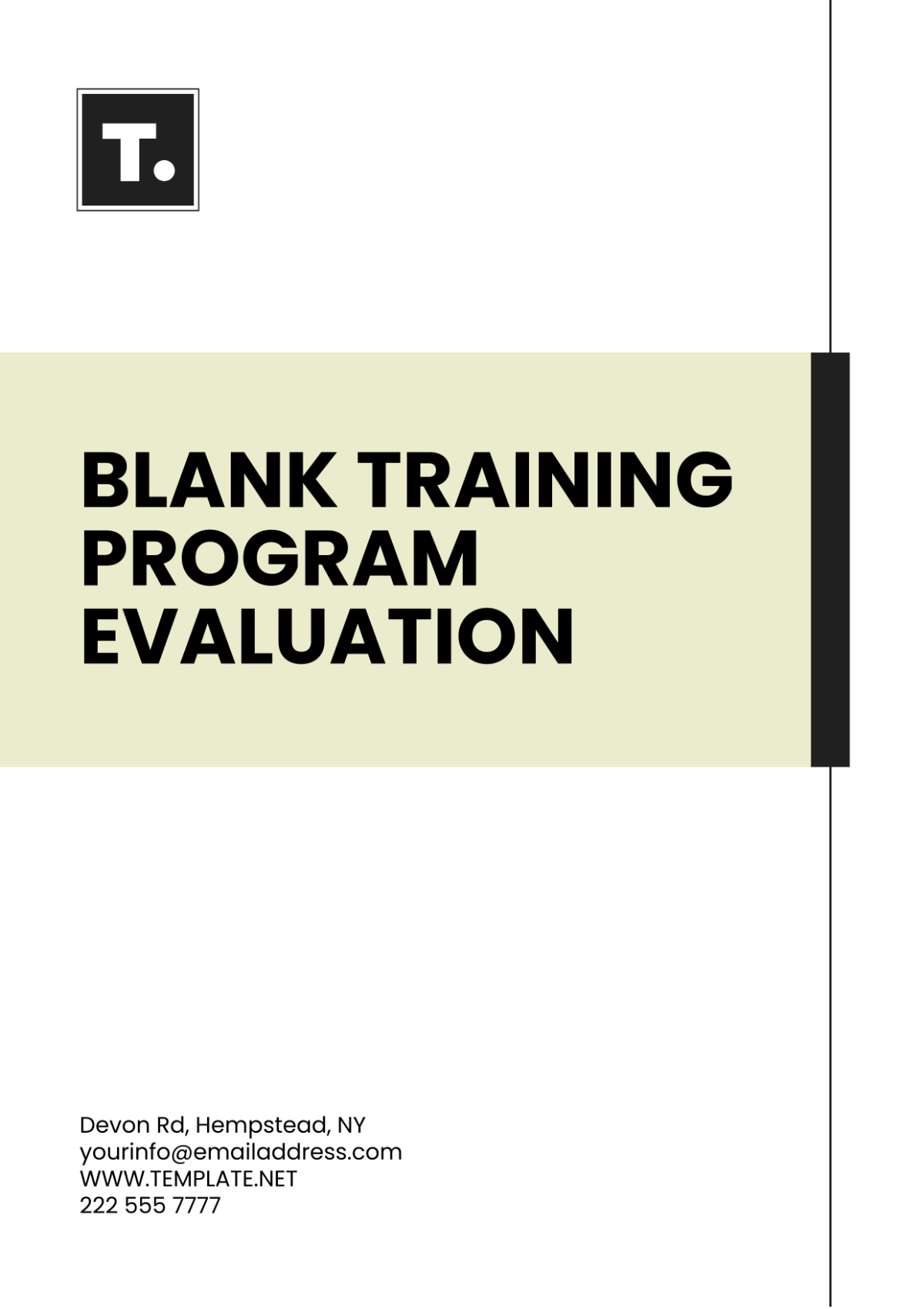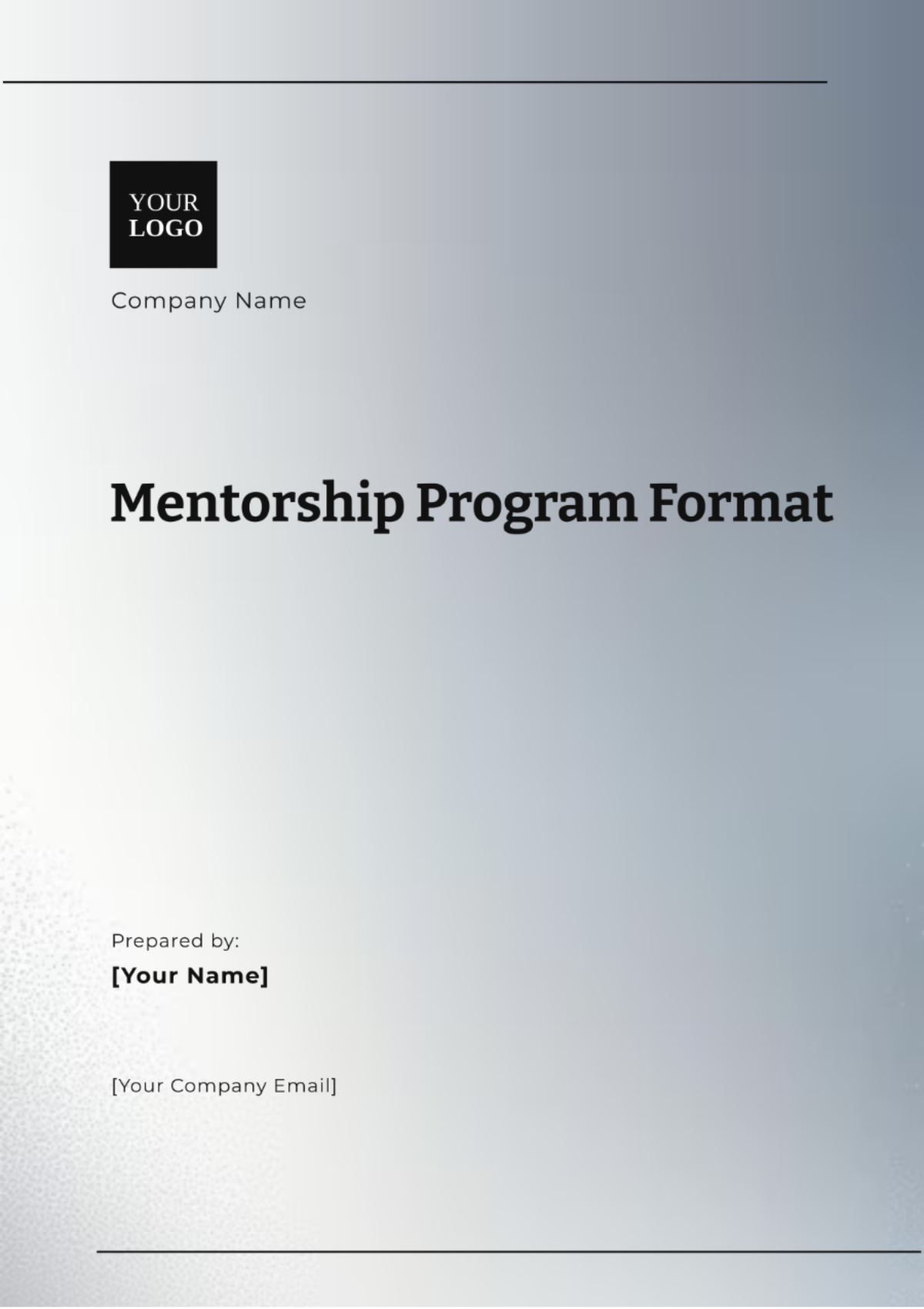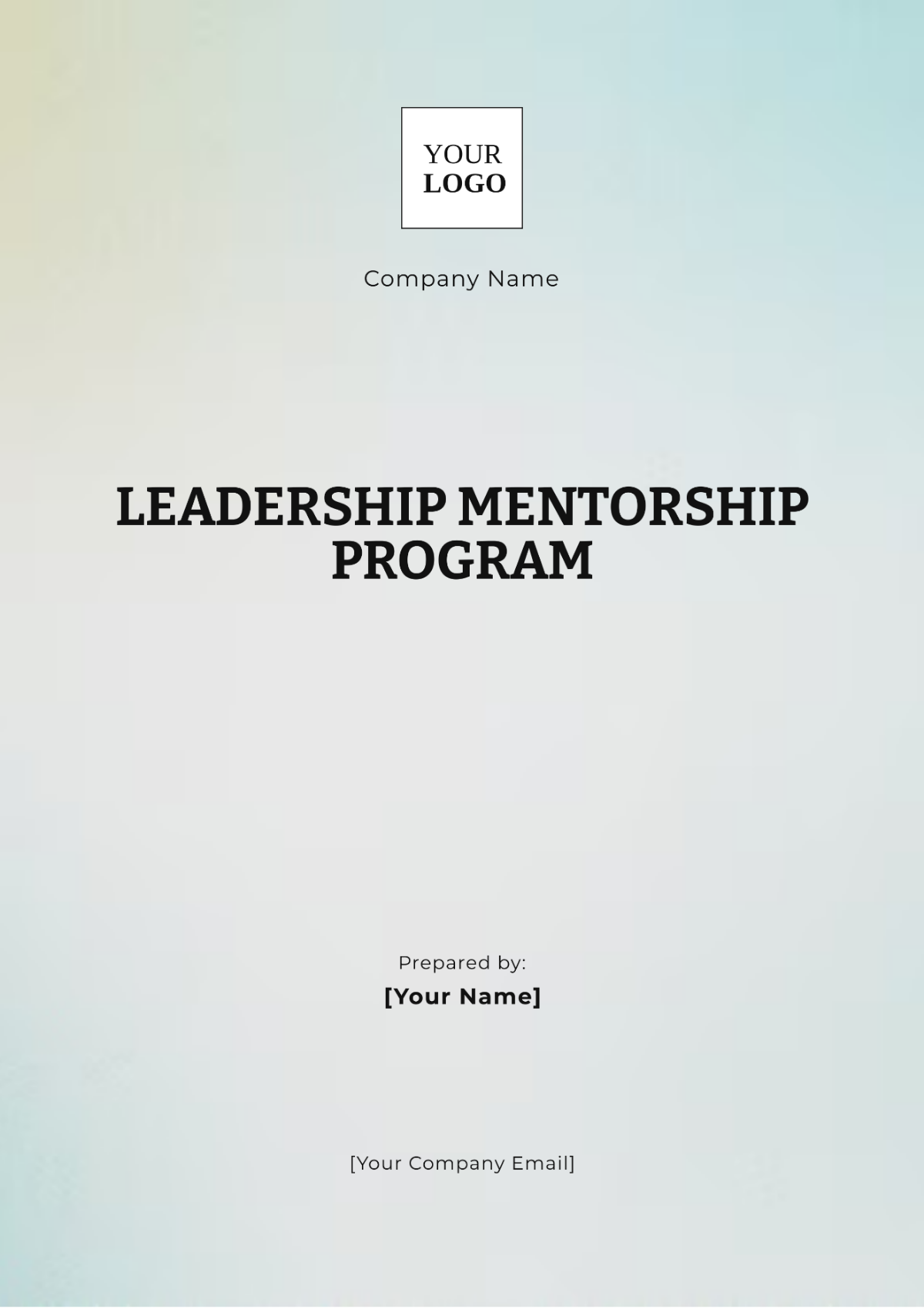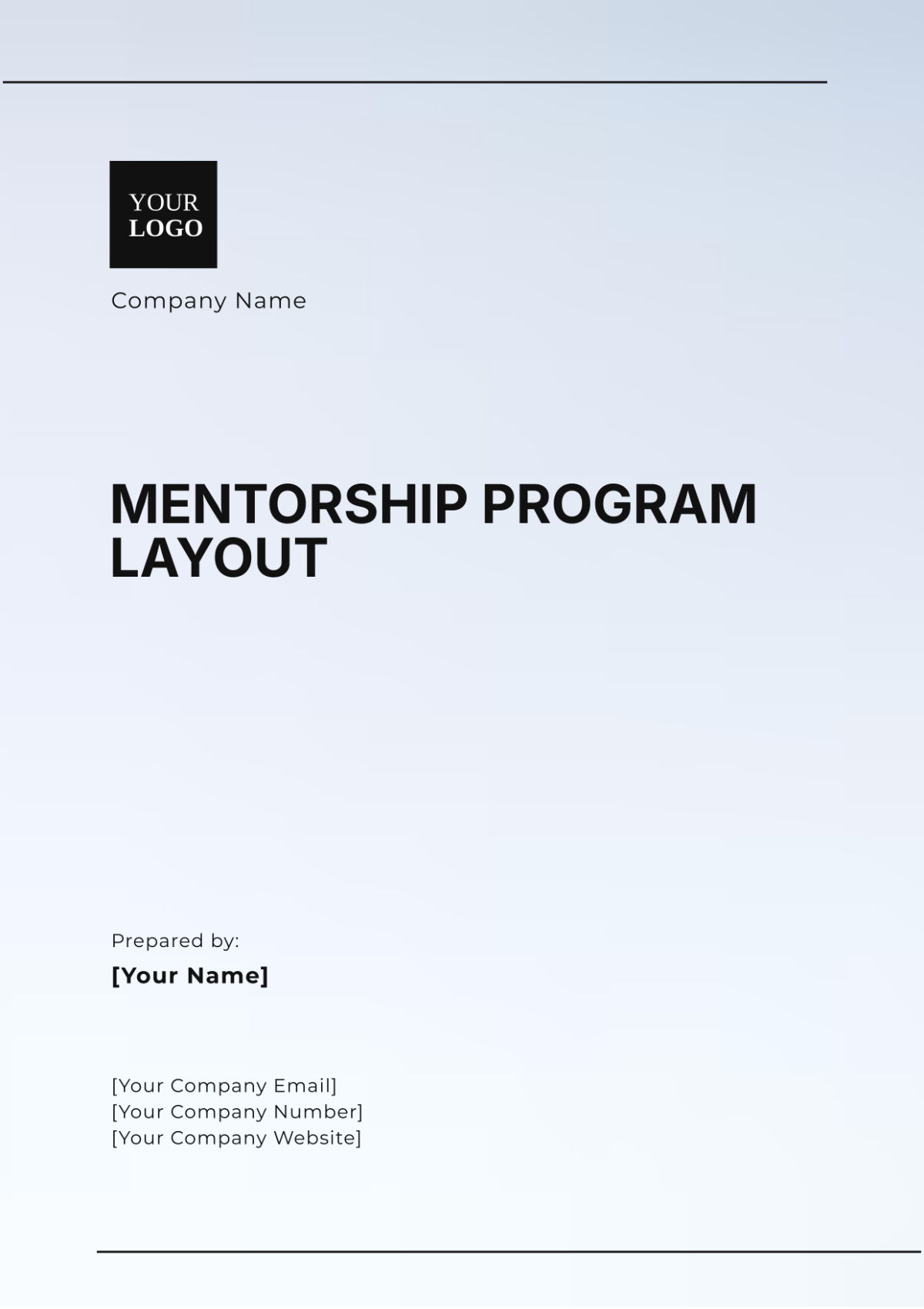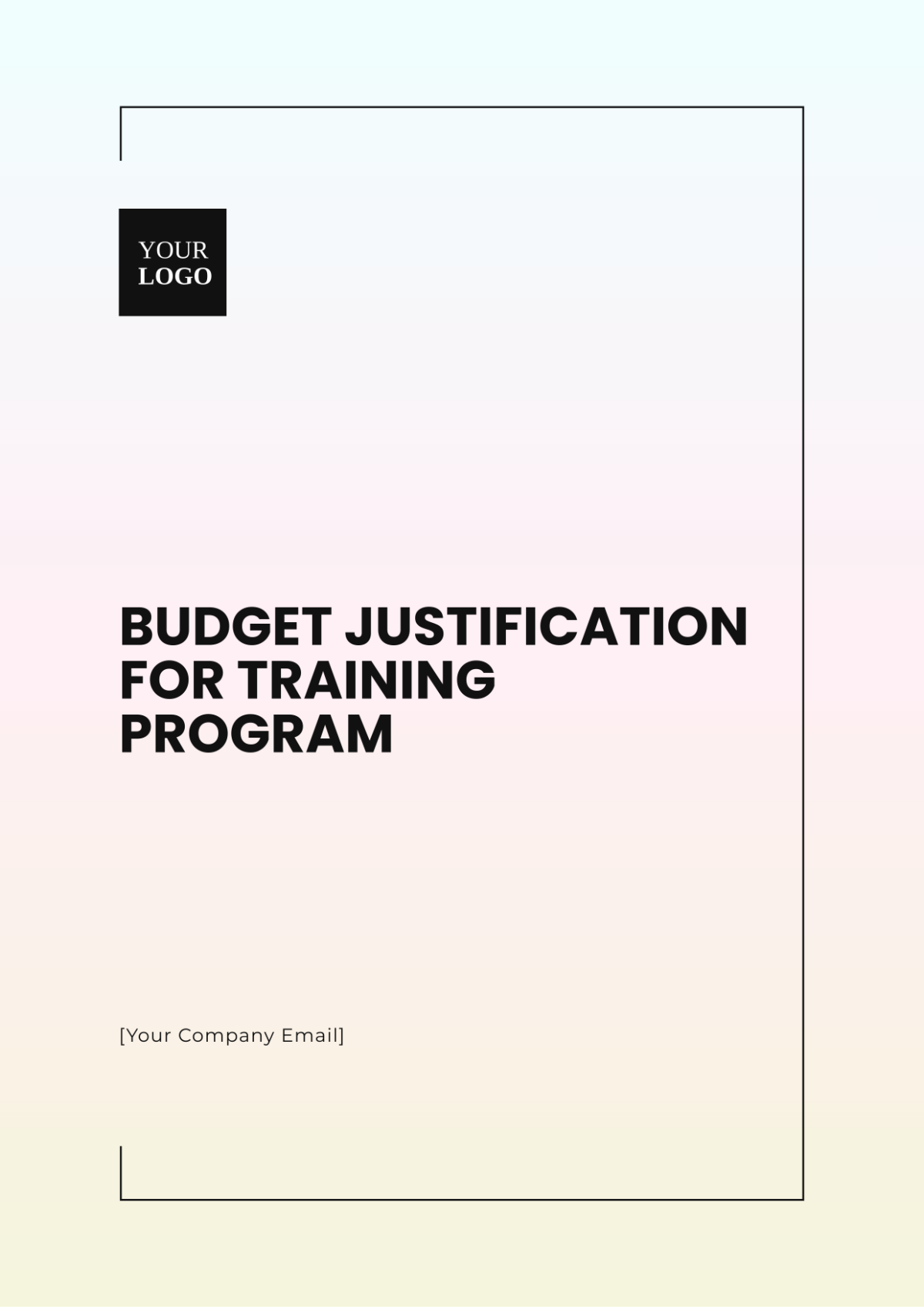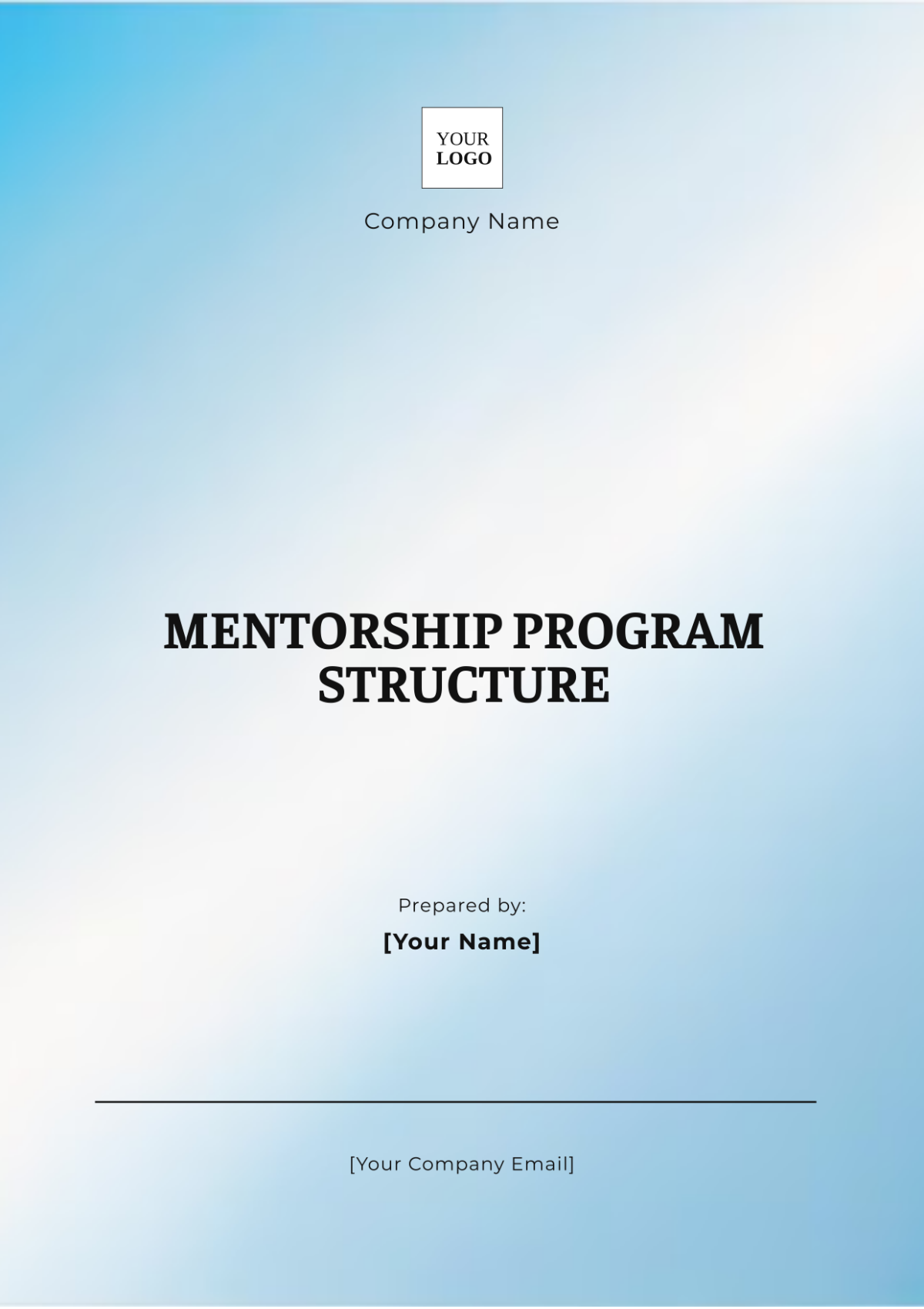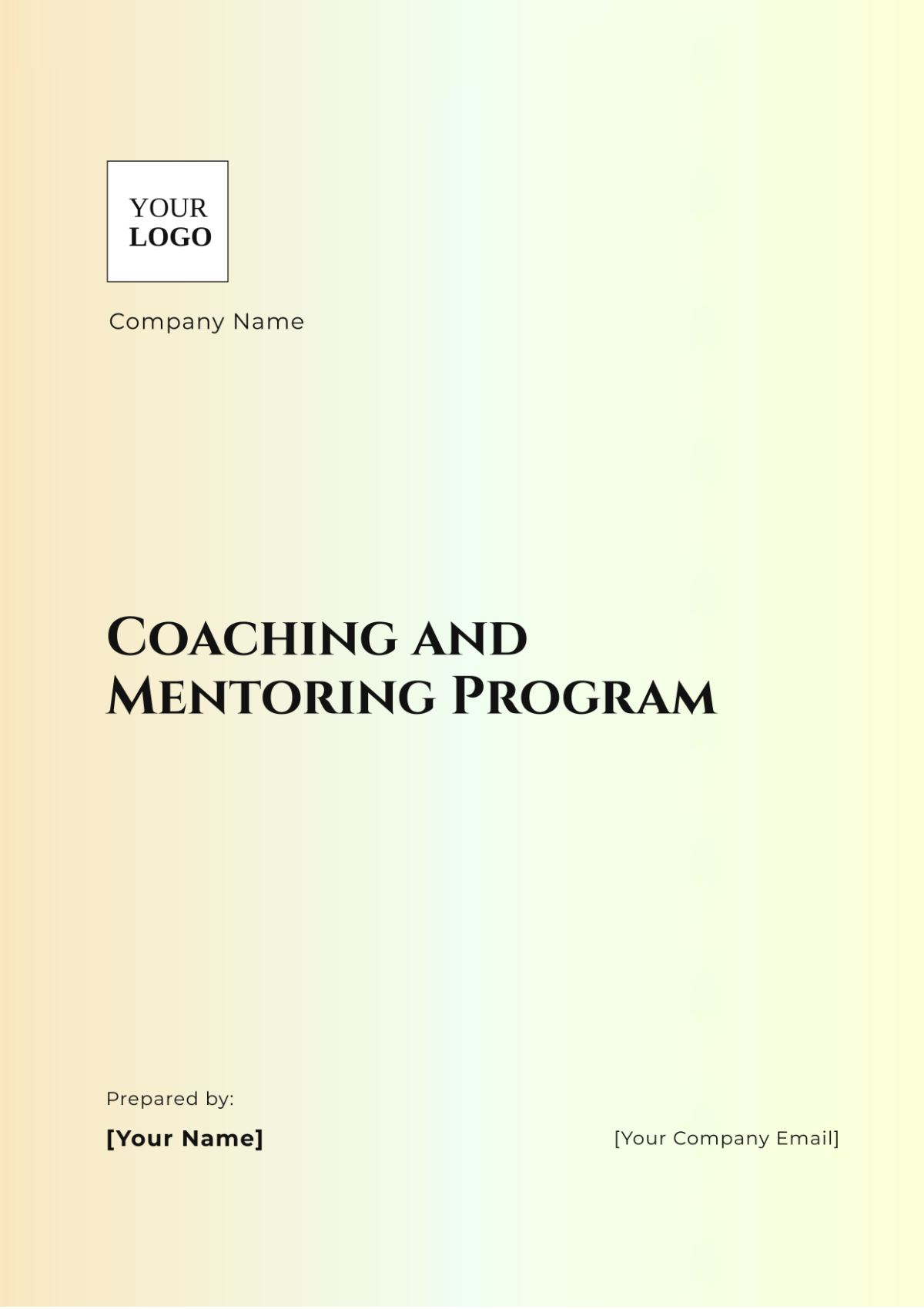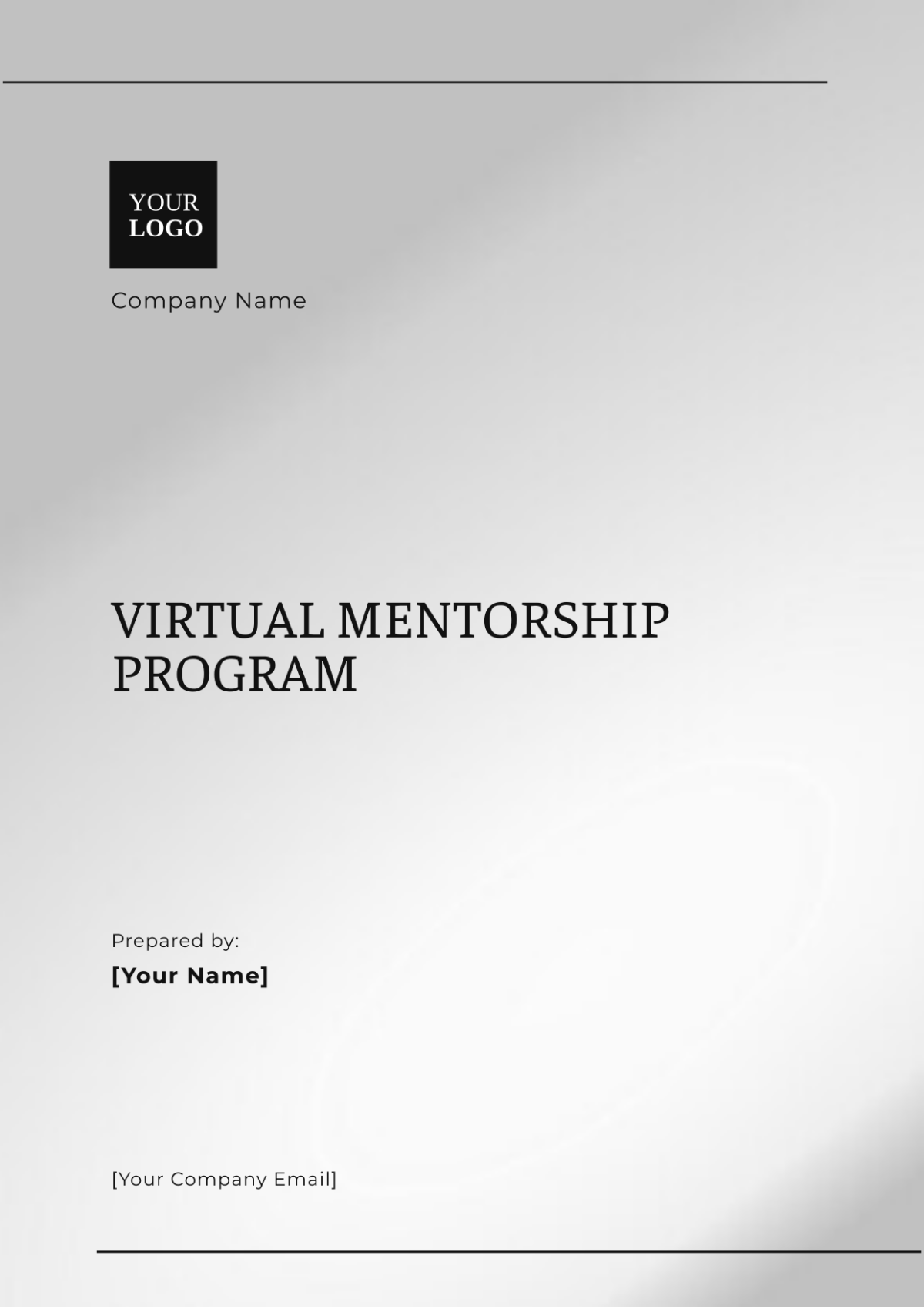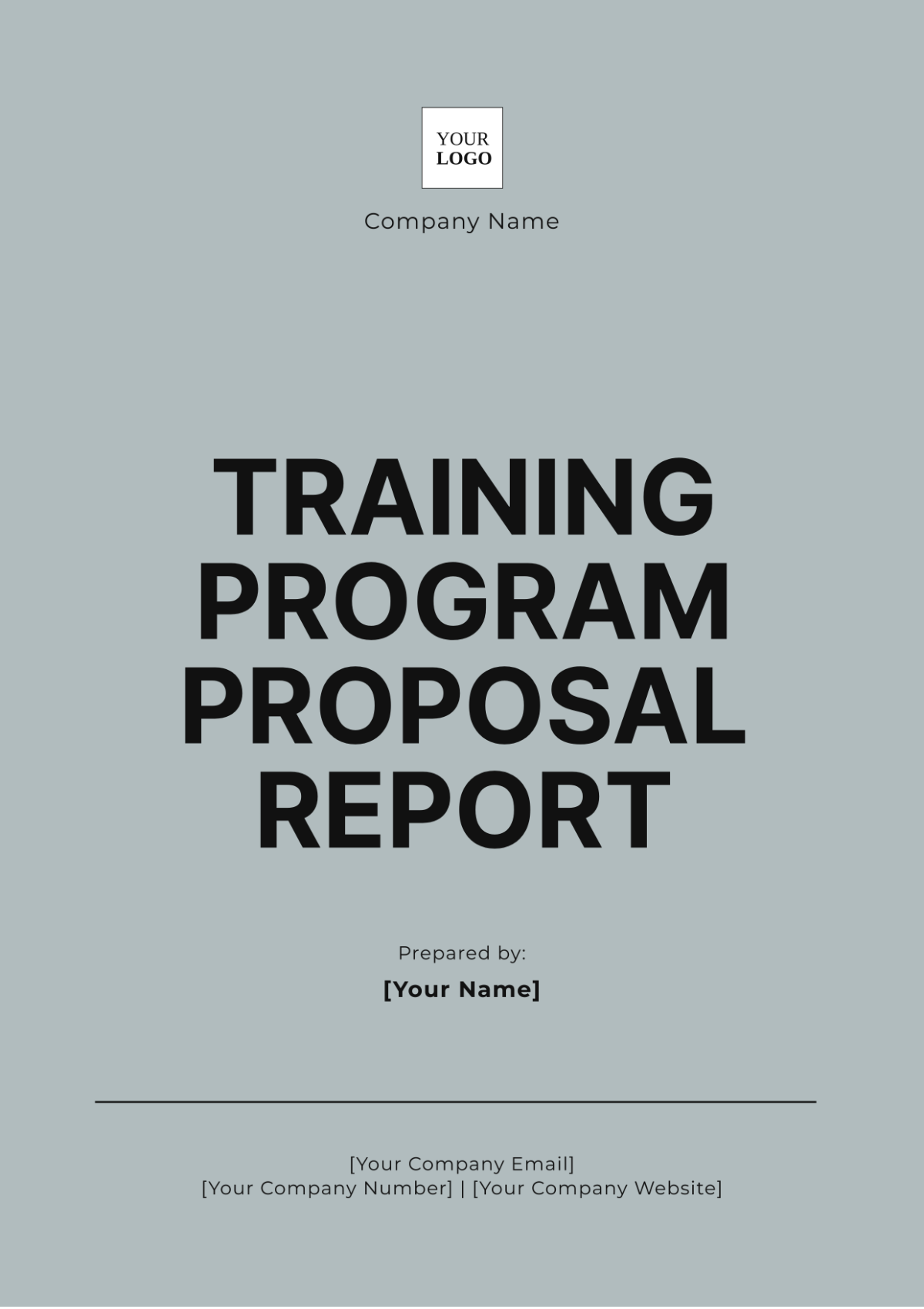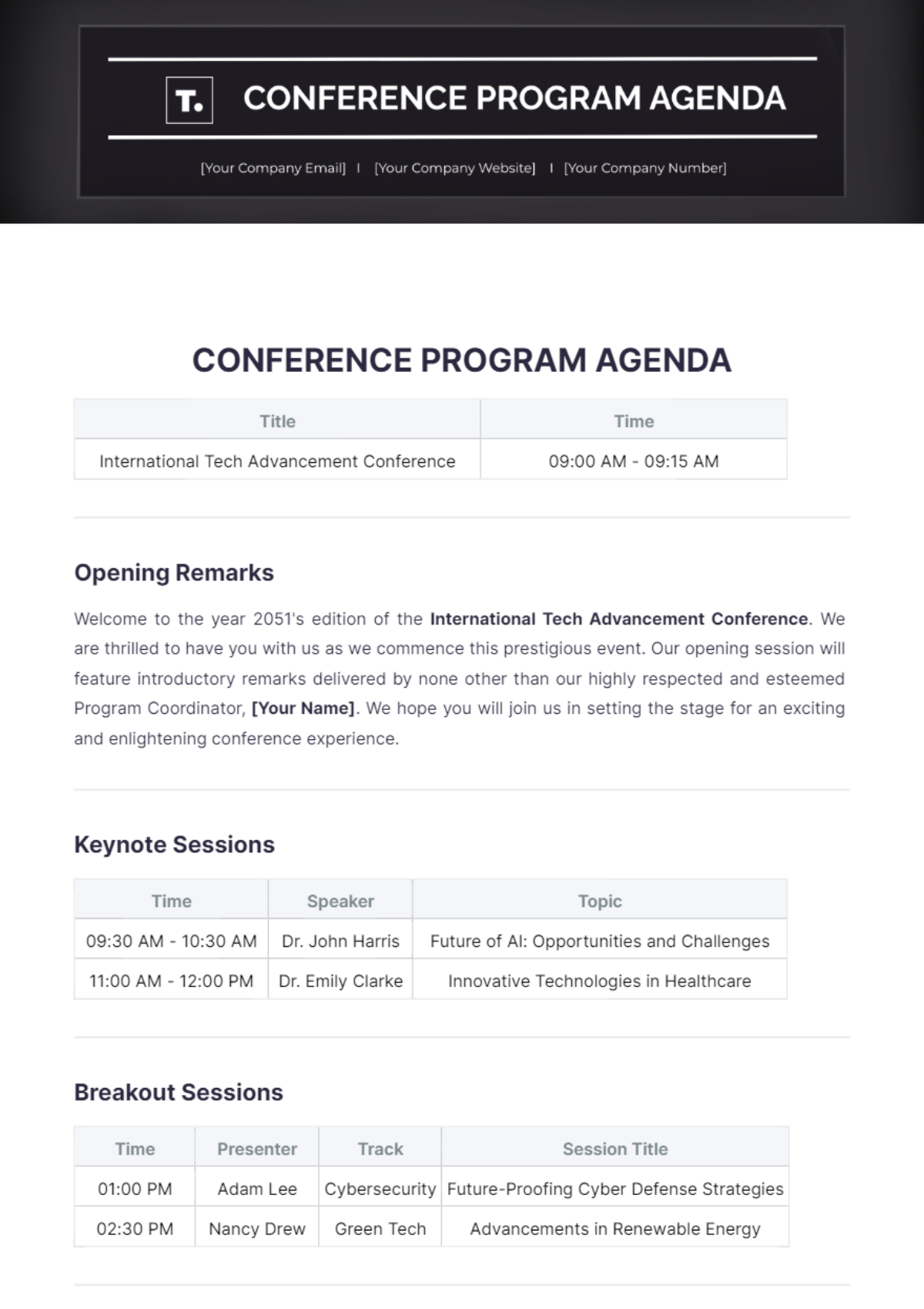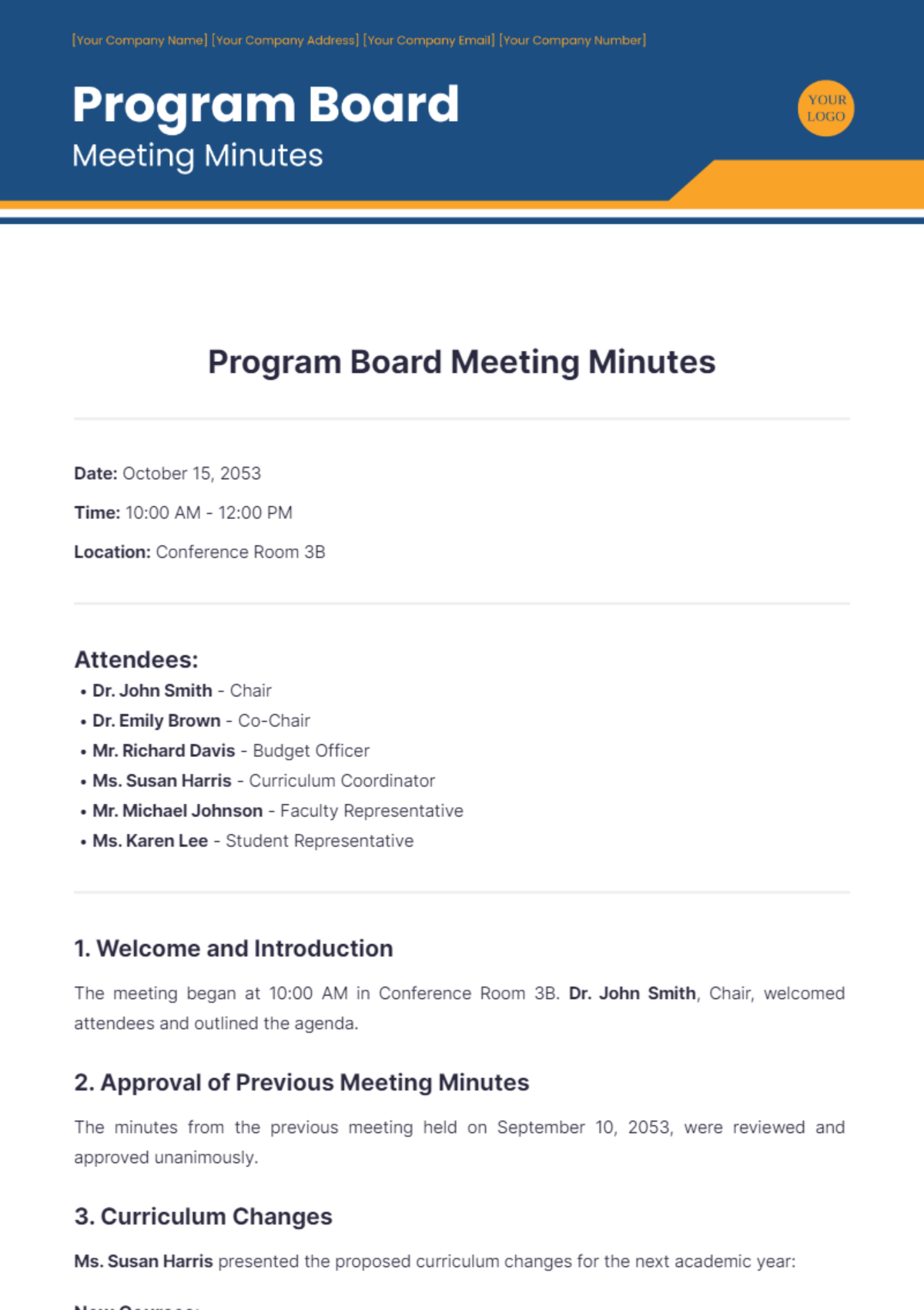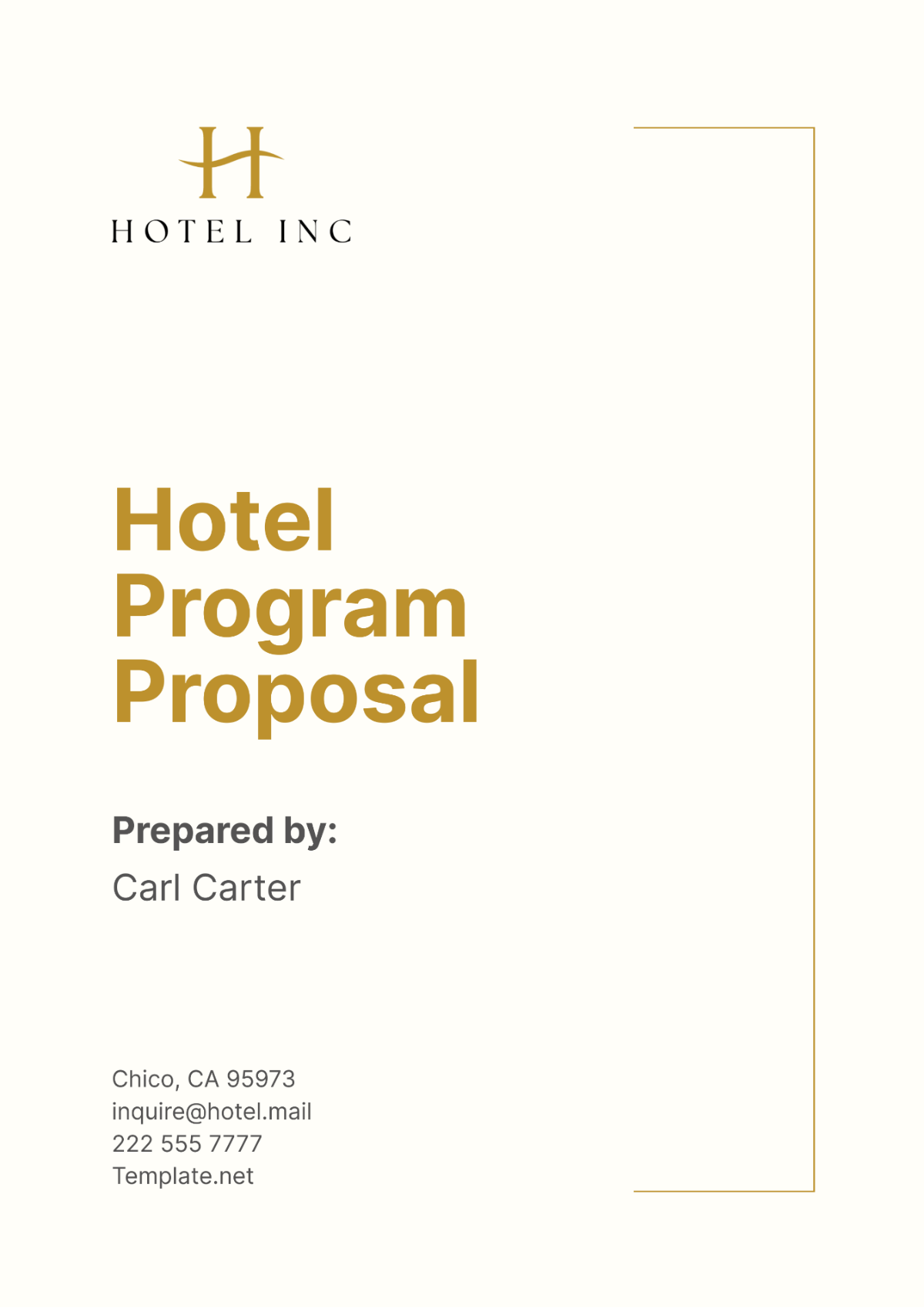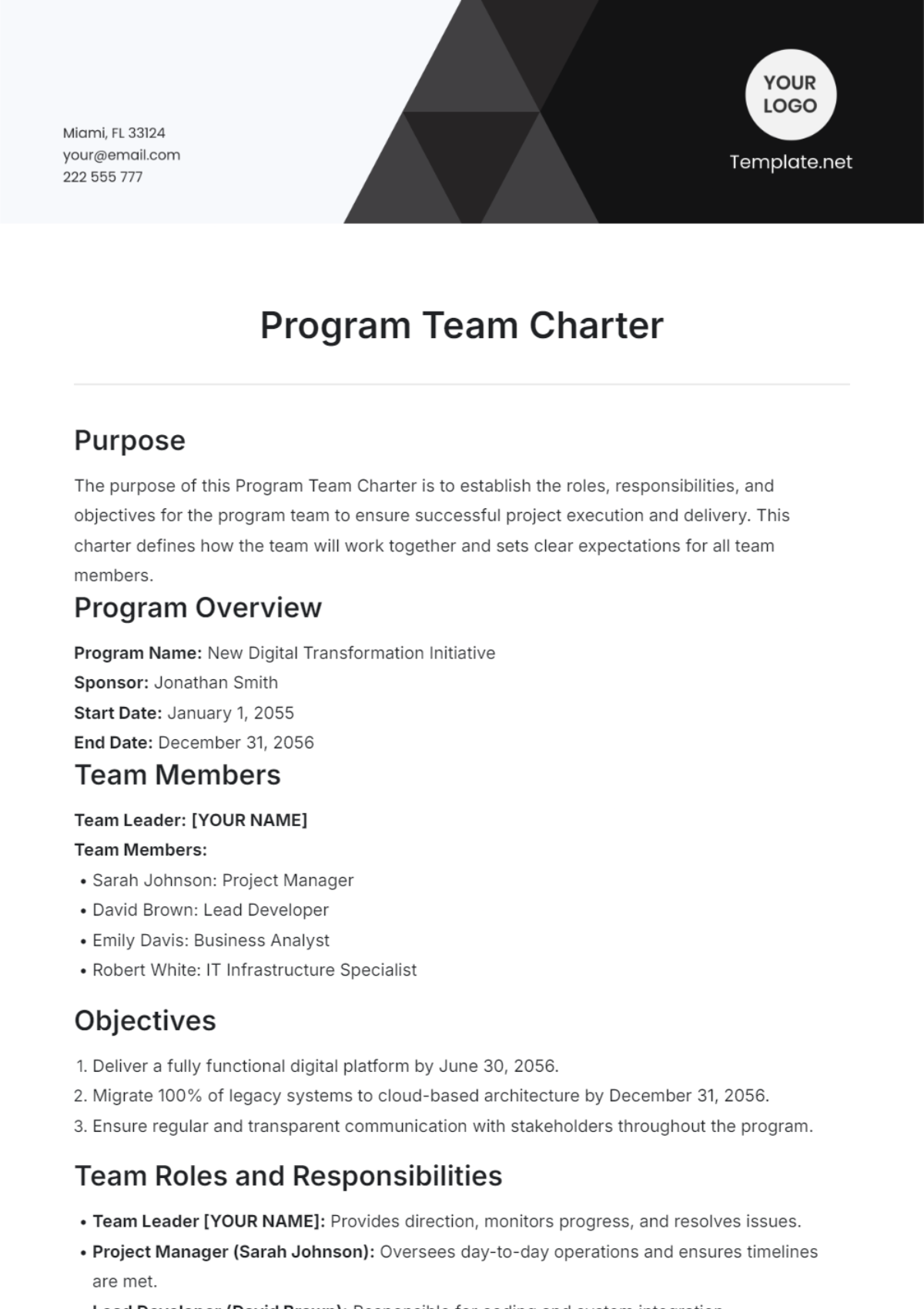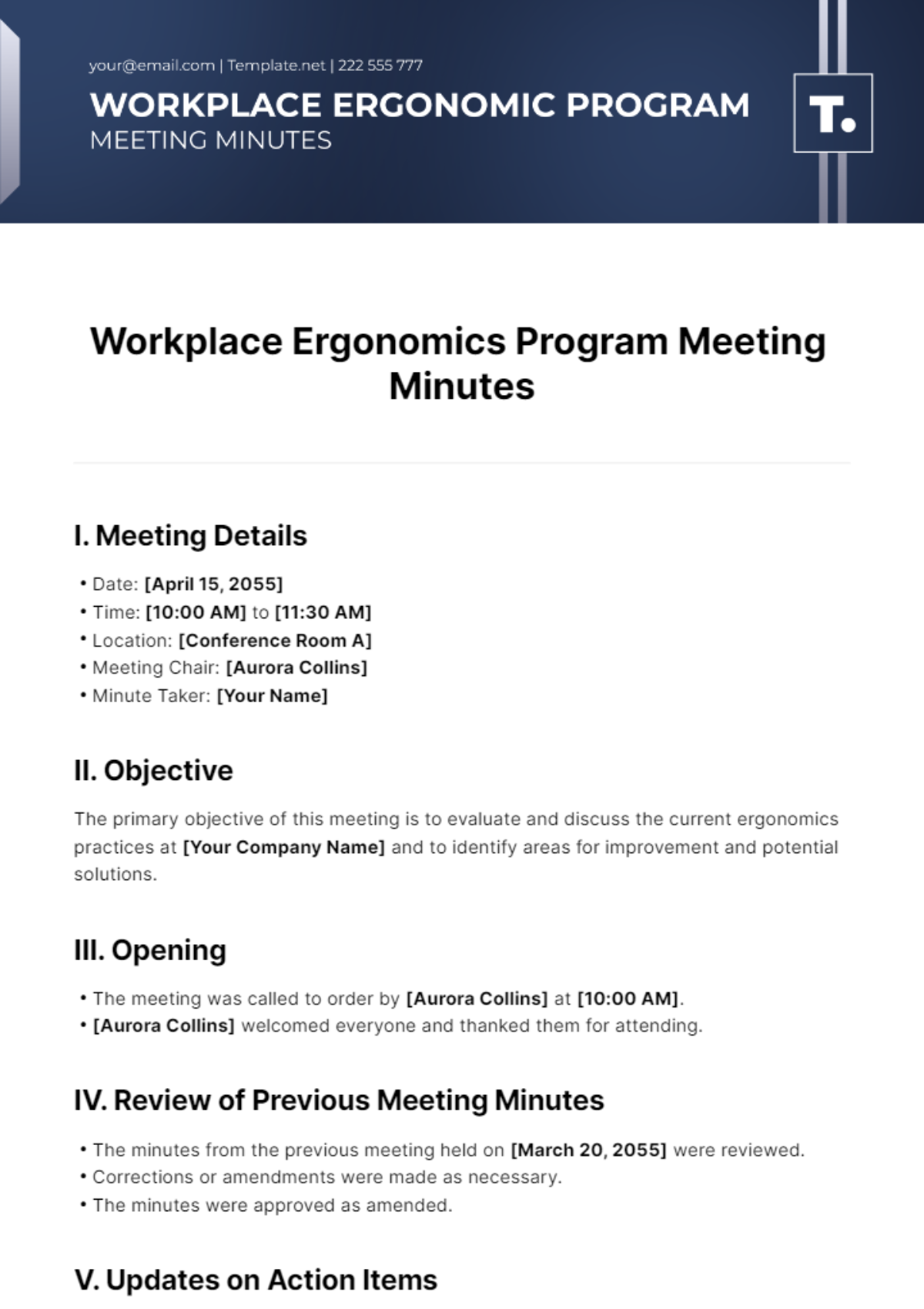MENTORSHIP PROGRAM STRUCTURE
I. Program Overview
The [Your Company Name] Mentorship Program aims to cultivate talent, enhance professional skills, and promote career growth within the organization. By pairing experienced mentors with emerging talent, we strive to build a supportive learning environment that facilitates both personal and professional development. This program is designed to address specific career goals, foster skill development, and enhance overall job satisfaction.
II. Roles and Responsibilities
A. Mentors
Provide Guidance: Offer advice on career progression, skill development, and industry best practices.
Share Knowledge: Utilize their experience to help mentees navigate challenges and opportunities.
Participate in Activities: Engage in scheduled meetings, workshops, and networking events.
Offer Feedback: Give constructive feedback and celebrate mentees’ achievements.
B. Mentees
Active Engagement: Take ownership of their development by setting clear goals and seeking guidance.
Regular Communication: Maintain open and consistent communication with their mentors.
Participate Fully: Attend all scheduled meetings and program activities.
Receive Feedback: Be receptive to feedback and use it to drive personal and professional growth.
C. Program Coordinators
Program Management: Oversee the implementation and operation of the mentorship program.
Facilitate Matching: Ensure appropriate mentor-mentee pairings based on compatibility and goals.
Organize Training: Coordinate workshops, training sessions, and resources for participants.
Monitor Progress: Track the progress of the mentorship pairs and make necessary adjustments.
Resolve Issues: Address any conflicts or challenges that arise during the program.
III. Mentor-Mentee Matching
The mentor-mentee matching process involves:
Assessing Needs: Evaluating the professional development needs and goals of mentees.
Evaluating Expertise: Matching mentees with mentors who have relevant experience and expertise.
Considering Preferences: Taking into account personal preferences and communication styles.
Ensuring Compatibility: Ensuring that mentors and mentees have complementary skills and goals.
IV. Program Activities and Timeline
Activity | Description | Timeline |
|---|---|---|
Orientation Session | Introduction to the program’s structure, objectives, and expectations. | Week 1 |
Initial Meeting | First meeting between mentors and mentees to discuss goals and expectations. | Week 2 |
Monthly Check-ins | Regular meetings to review progress, discuss challenges, and adjust goals. | Monthly |
Skill Development Workshops | Workshops focused on specific skills such as leadership, communication, and project management. | Quarterly |
Networking Events | Events designed to facilitate connections among participants and industry professionals. | Bi-annually |
Mid-Program Evaluation | Review of the program’s effectiveness, progress, and participant satisfaction. | Month 6 |
Final Evaluation and Feedback | Comprehensive review of the mentorship experience, including outcomes and suggestions for improvement. | Month 12 |
V. Goal Setting and Development Plans
Goal | Action Plan | Deadline | Progress Check |
|---|---|---|---|
Enhance Presentation Skills | Attend a public speaking course and practice presentations in team meetings. | Month 3 | Monthly |
Improve Project Management | Enroll in a project management certification course and apply techniques in ongoing projects. | Month 6 | Bi-monthly |
Expand Professional Network | Attend industry conferences and participate in relevant professional groups. | Ongoing | Quarterly |
Develop Leadership Abilities | Lead a cross-departmental project and seek feedback from peers and supervisors. | Month 9 | Monthly |
VI. Training and Resources
Training | Description | Availability | Contact Person |
|---|---|---|---|
Mentorship Orientation | A session that covers the program's objectives, expectations, and guidelines. | Week 1 | [Your Name] |
Skill Development Workshops | Interactive workshops on topics like effective communication, leadership, and time management. | Quarterly | John Smith |
Online Learning Platform | Access to a variety of online courses and webinars related to professional skills. | Ongoing | Jane Doe |
Networking Events | Organized events where participants can meet industry professionals and peers. | Bi-annually | Emily Johnson |
VII. Evaluation and Feedback
Evaluation and feedback processes include:
Mid-Program Evaluation: A detailed assessment of the mentorship program's progress, effectiveness, and participant satisfaction, conducted halfway through the program.
Final Evaluation: A comprehensive review at the end of the program to measure outcomes against goals, gather participant feedback, and identify areas for improvement.
Feedback Surveys: Anonymous surveys collected from both mentors and mentees to gain insights into their experiences and gather suggestions for future enhancements.
VIII. Confidentiality and Ethics
Policy | Description | Enforcement |
|---|---|---|
Confidentiality Agreement | Ensures that all conversations and information shared during the mentorship are kept confidential. | Mandatory |
Code of Conduct | Outlines ethical behavior expectations, including professionalism and respect in all interactions. | Mandatory |
Conflict Resolution Procedure | Provides a structured approach for resolving any issues or conflicts between mentors and mentees. | As needed |
This detailed mentorship program structure is crafted to support the professional development of employees at [Your Company Name], ensuring a beneficial and productive experience for all participants.
